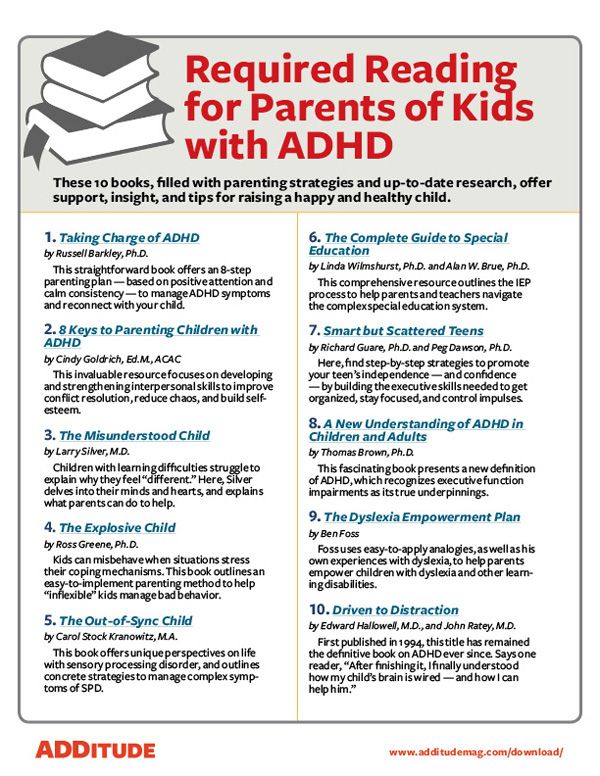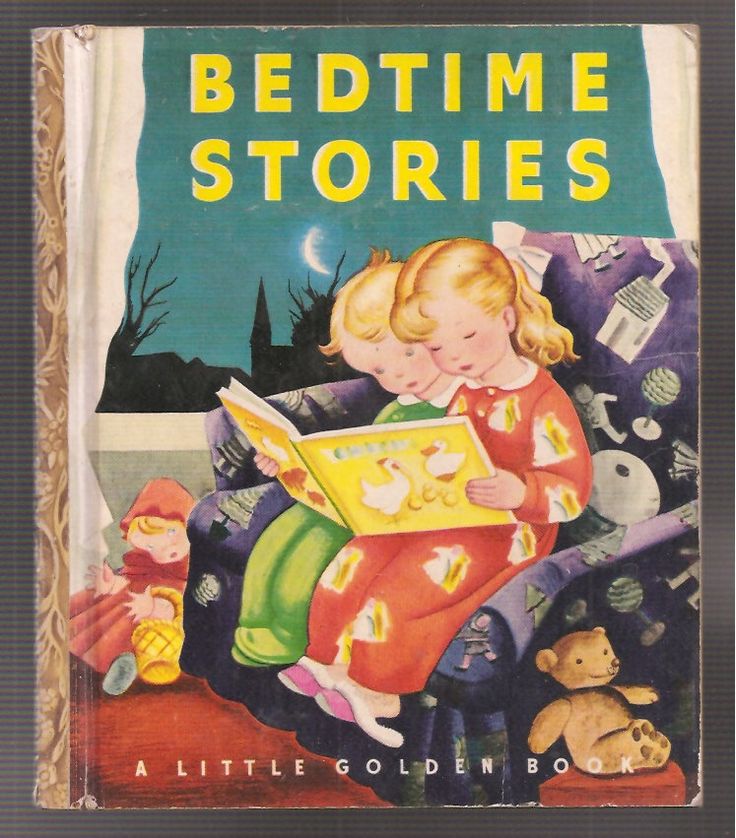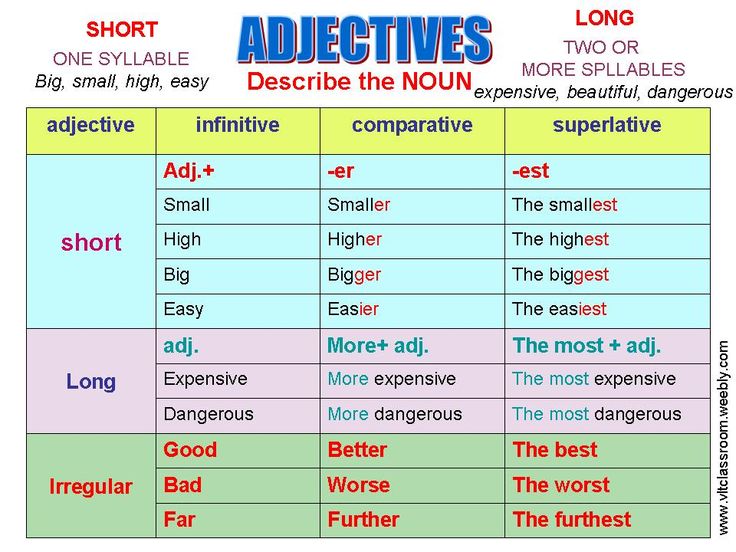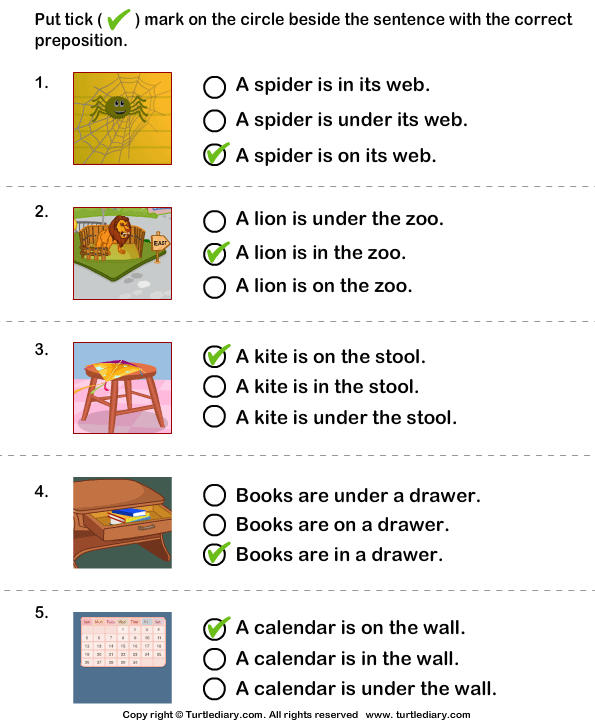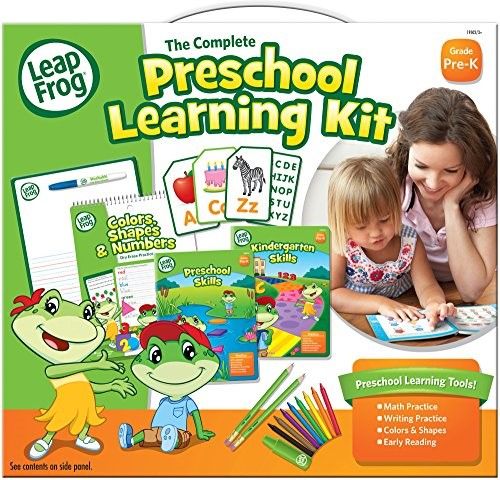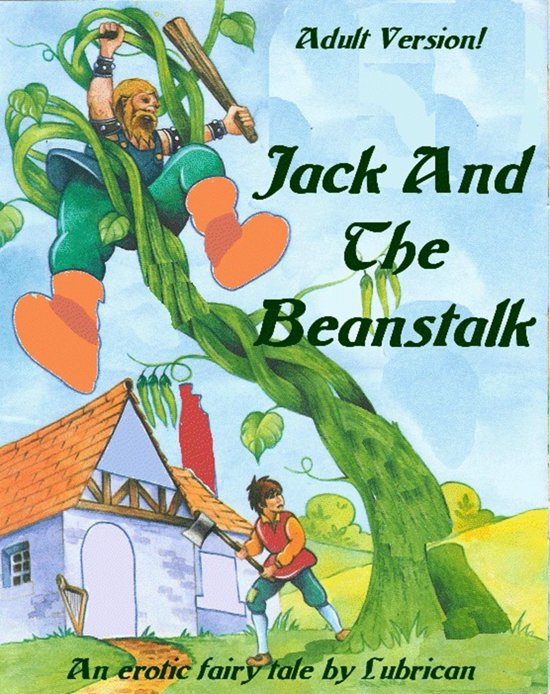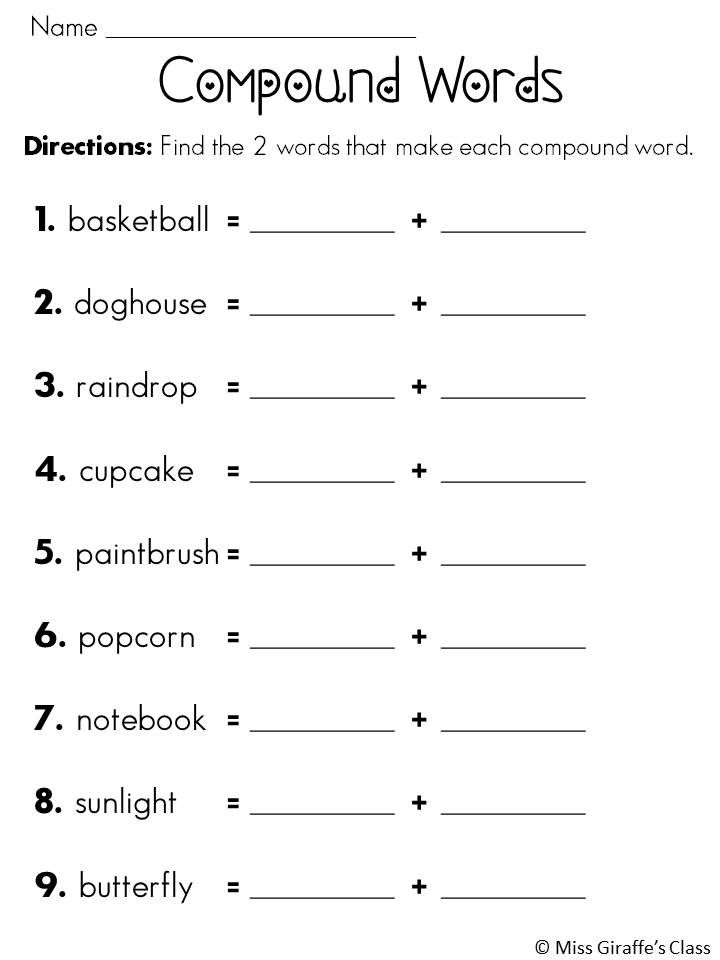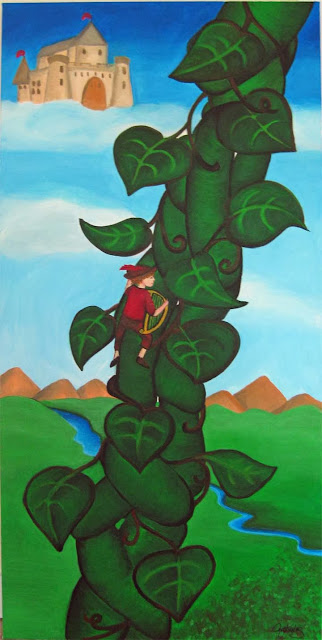Parent strategies for reading
Reading Tips for Parents
Strong parental involvement is a key component of the Just Read, Florida! initiative. Other than helping your child to grow up happy and healthy, the most important thing that you can do for them is help them develop their reading skills.
How Can I Help My Child Be Ready to Read and Ready to Learn?
- Talk to your infant and toddler to help him learn to speak and understand the meaning of words. Point to objects that are near and describe them as you play and do daily activities together. Having a large vocabulary gives a child a great start when he enters school.
- Read to your baby every day starting at six months of age. Reading and playing with books is a wonderful way to spend special time with him. Hearing words over and over helps him become familiar with them. Reading to your baby is one of the best ways to help him learn.
- Use sounds, songs, gestures and words that rhyme to help your baby learn about language, and its many uses.
Babies need to hear language from a human being. Television is just noise to a baby.
- Point out the printed words in your home and other places you take your child such as the grocery store. Spend as much time listening to your child as you do talking to him.
- Take children's books and writing materials with you whenever you leave home. This gives your child fun activities to entertain and occupy him while traveling and going to the doctor's office or other appointments.
- Create a quiet, special place in your home for your child to read, write and draw. Keep books and other reading materials where your child can easily reach them.
- Help your child see that reading is important. Set a good example for your child by reading books, newspapers and magazines.
- Limit the amount and type of television you and your child watch. Better yet, turn off the television and spend more time cuddling and reading books with your child.
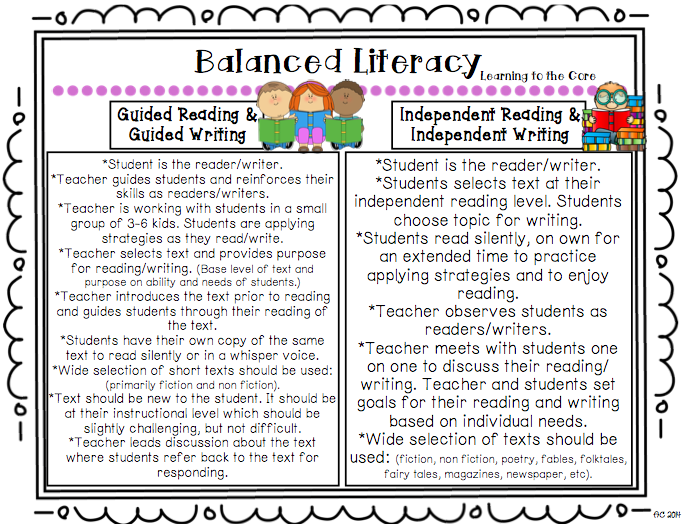 The time and attention you give your child has many benefits beyond helping him be ready for success in school.
The time and attention you give your child has many benefits beyond helping him be ready for success in school. - Reach out to libraries and community and faith-based organizations. These organizations can:
- Help you find age-appropriate books to use at home with your child;
- Show you creative ways to use books with your child and other tips to help him learn; and
- Provide year-round children's reading and educational activities.
How Do I Know a Good Early Reading Program When I See One?
- Every teacher is excited about reading and promotes the value and fun of reading to students.
- All students are carefully evaluated, beginning in Kindergarten, to see what they know and what they need to become good readers.
- Reading instruction and practice lasts 90 minutes or more in grades K-5.
- All students in grades K-3 who have been identified as having a deficiency in reading are provided educational interventions and activities.
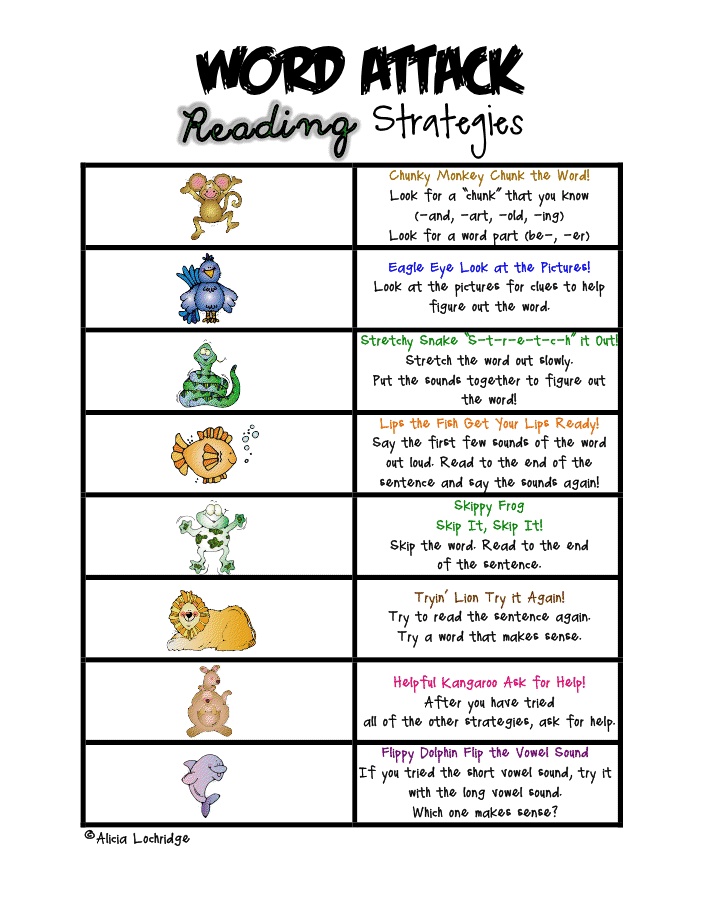 These students receive, throughout the day, a total of 60 extra minutes of instruction.
These students receive, throughout the day, a total of 60 extra minutes of instruction. - Before - or after-school help is given to all students who need extra instruction or who need to review skills. Summer school is available for students who have not mastered grade level skills by the end of the year.
- Reading instruction and practice includes work on letters, sounds and blending sounds. Students learn to blend letters and sounds to form new words.
- Learning new words and their meaning is an important part of instruction.
- Students have daily spelling practice and weekly spelling tests.
- The connection between reading and writing is taught on a daily basis. Students write daily. Papers are corrected and returned to the students. By the end of second grade, students write final copies of corrected papers. Corrected papers are sent home for parents to see.
- All students are read to each day from different kinds of books.
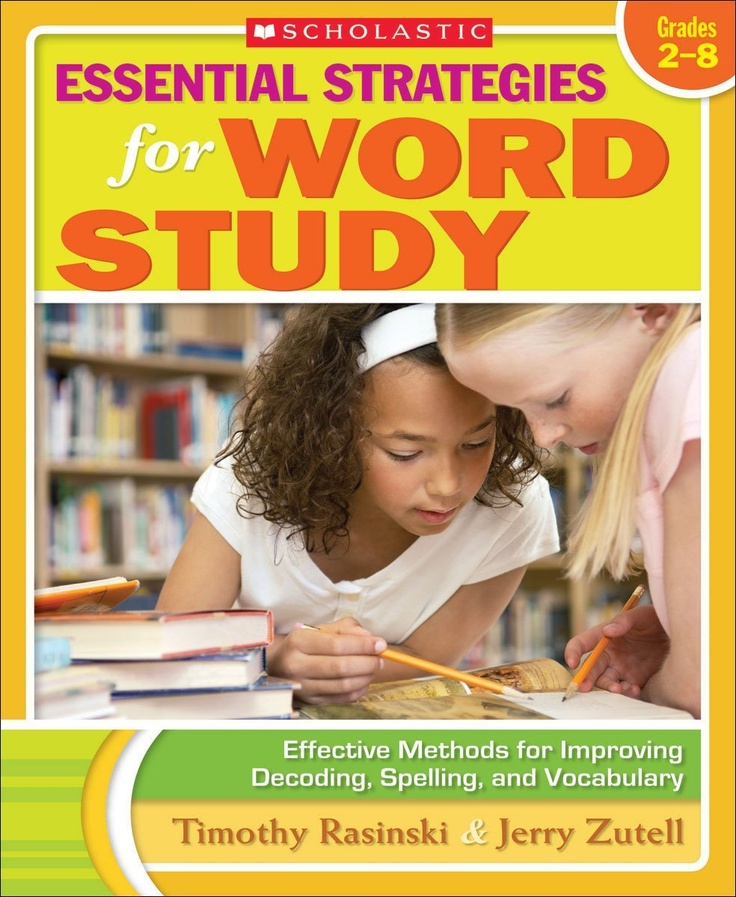 Students discuss what they read with teachers and other students.
Students discuss what they read with teachers and other students. - All students have a chance to read both silently and aloud in school each day and at home every night.
- Every classroom has a library of books that children want to read. This includes easy books and books that are more difficult.
- The school library is used often and has many books. Students may check books out during the summer and over holidays.
Simple Strategies for Creating Strong Readers
Without doubt, reading with children spells success for early literacy. Putting a few simple strategies into action will make a significant difference in helping children develop into good readers and writers.
Through reading aloud, providing print materials and promoting positive attitudes about reading and writing, you can have a powerful impact on children's literacy and learning.
- Invite a child to read with you every day.
- When reading a book where the print is large, point word by word as you read.
 This will help the child learn that reading goes from left to right and under stand that the word he or she says is the word he or she sees.
This will help the child learn that reading goes from left to right and under stand that the word he or she says is the word he or she sees. - Read a child's favorite book over and over again.
- Read many stories with rhyming words and lines that repeat. Invite the child to join in on these parts. Point, word by word, as he or she reads along with you.
- Discuss new words. For example, "This big house is called a palace. Who do you think lives in a palace?"
- Stop and ask about the pictures and about what is happening in the story.
- Read from a variety of children's books, including fairy tales, songbooks, poems and information books.
Reading well is at the heart of all learning. A child who can't read well, can't learn. Help make a difference for a child.
The Five Essential Components of Reading
Reading with children and helping them practice specific reading components can dramatically improve their ability to read.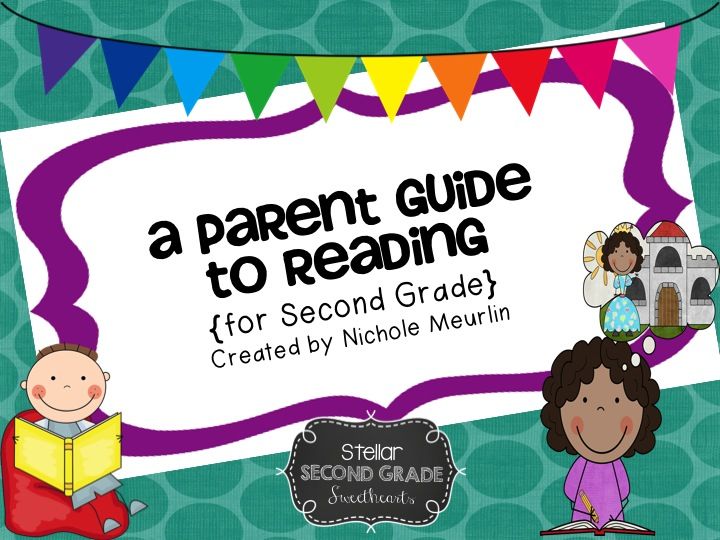 Scientific research shows that there are five essential components of reading that children must be taught in order to learn to read. Adults can help children learn to be good readers by systematically practicing these five components:
Scientific research shows that there are five essential components of reading that children must be taught in order to learn to read. Adults can help children learn to be good readers by systematically practicing these five components:
- Recognizing and using individual sounds to create words, or phonemic awareness. Children need to be taught to hear sounds in words and those words are made up of the smallest parts of sound, or phonemes.
- Understanding the relationships between written letters and spoken sounds, or phonics. Children need to be taught the sounds individual printed letters and groups of letters make. Knowing the relationships between letters and sounds helps children to recognize familiar words accurately and automatically, and "decode" new words.
- Developing the ability to read a text accurately and quickly, or reading fluency. Children must learn to read words rapidly and accurately in order to understand what is read. When fluent readers read silently, they recognize words automatically.
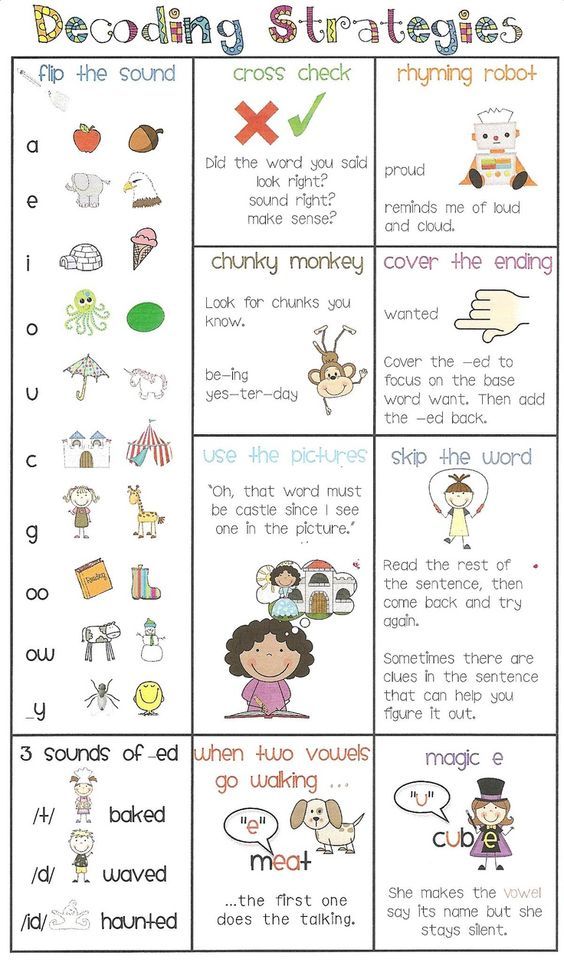 When fluent readers read aloud, they read effortlessly and with expression. Readers who are weak in fluency read slowly, word by word, focusing on decoding words instead of comprehending meaning.
When fluent readers read aloud, they read effortlessly and with expression. Readers who are weak in fluency read slowly, word by word, focusing on decoding words instead of comprehending meaning. - Learning the meaning and pronunciation of words, or vocabulary development. Children need to actively build and expand their knowledge of written and spoken words, what they mean and how they are used.
- Acquiring strategies to understand, remember and communicate what is read, or reading comprehension strategies. Children need to be taught comprehension strategies, or the steps good readers use to make sure they understand text. Students who are in control of their own reading comprehension become purposeful, active readers.
325 West Gaines Street, Suite 1432
Tallahassee, FL 32399-0400
Phone: 850-245-0503
Fax: 850-245-5105
Parent Strategies for Improving Their Child’s Reading and Writing
Family time is learning time.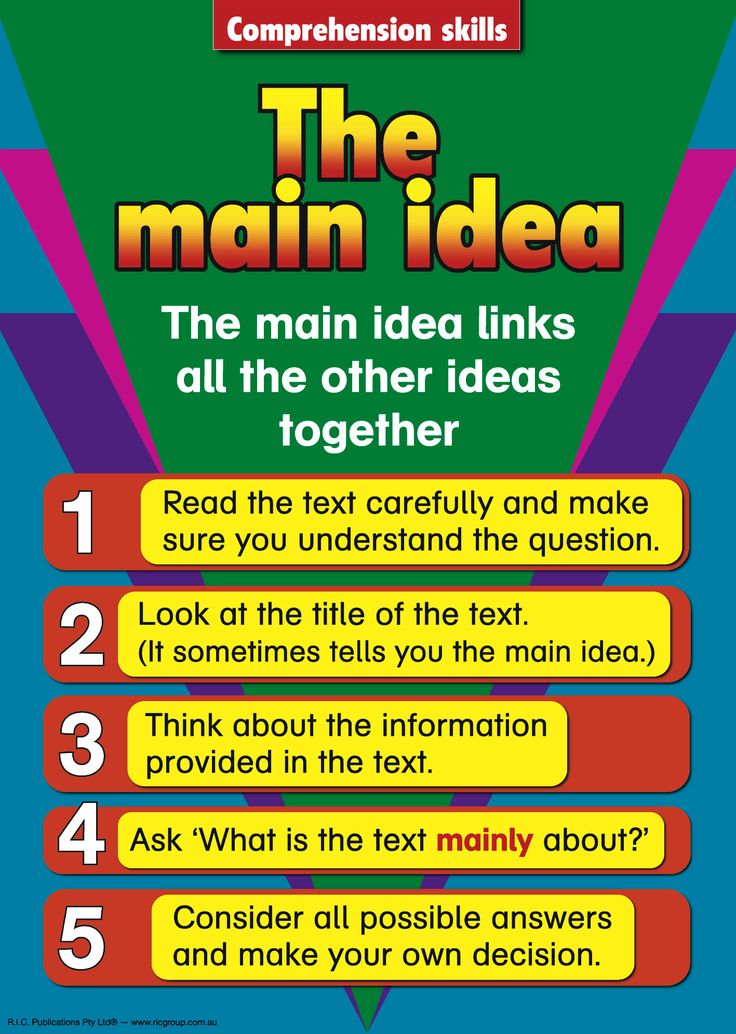 Did you know that kids learn most of their vocabulary outside of school, through conversations with family and friends? Or that drawing pictures during play time lays the foundation for reading and writing, even for the youngest of learners?
Did you know that kids learn most of their vocabulary outside of school, through conversations with family and friends? Or that drawing pictures during play time lays the foundation for reading and writing, even for the youngest of learners?
Families have always been an active part of the teaching and learning process, and they have become even more crucial during the pandemic.
The following research-based ideas are intended to be manageable, interactive activities you and your child can engage in to help develop their reading and writing skills, motivation, and confidence. Some of these strategies target specific age groups or grade levels, while others apply to kids of all ages. You’ll see them categorized accordingly. Try out two or three of them and make them a part of your family’s other important routines, like brushing teeth.
General reading and writing improvement strategies that will help kids of all ages
No matter your kid’s age, several factors influence their reading and writing growth, including attitude, motivation, access, and exposure.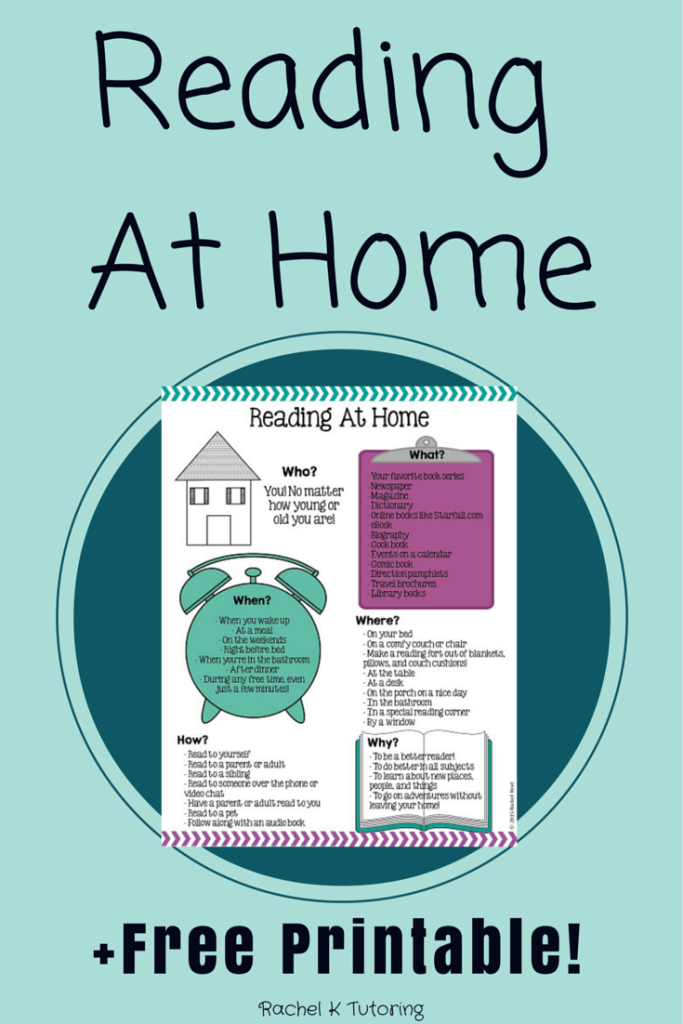 Think of the following strategies as tips for developing internalized mindsets, behaviors, and habits.
Think of the following strategies as tips for developing internalized mindsets, behaviors, and habits.
Model good habits by reading and writing in front of your child
Adults’ attitudes toward reading and writing influence children’s perception of the value of these skills. Having your child observe you while reading a book or magazine and while writing a thank you note or email to a friend helps to establish a recognition that reading and writing are useful and positive parts of everyday life.
Find out what your kid is interested in and get as many texts as possible related to that topic.
Be sure to explain why you are reading and writing to your child. For example, to learn about a topic you are interested in or to entertain yourself with a funny story or to thank someone for their kindness. Kids need to understand the value and purpose of the actions of reading and writing; knowing the why helps them be more motivated to read and write themselves.
Make reading materials—ones they will truly care about—readily available for your child
Kids’ threshold for boredom has appeared to lower in recent decades, particularly with today’s access to social media and video streaming. If we want kids to engage in reading and writing, we need to make it the most attractive activity for them. Kids are more likely to read when they see the value in it, such as building their knowledge about something they find interesting.
Find out what your kid is interested in and get as many texts as possible related to that topic. These can be books, graphic novels, magazines, or online digital texts. You don’t need to spend a small fortune, either. Your local library or your child’s school library probably have plenty of options to choose from.
Remember, too, that while reading on grade level is important, so is reading a large volume of text and reading for pleasure. Some texts may be below grade level for your child, and that’s okay.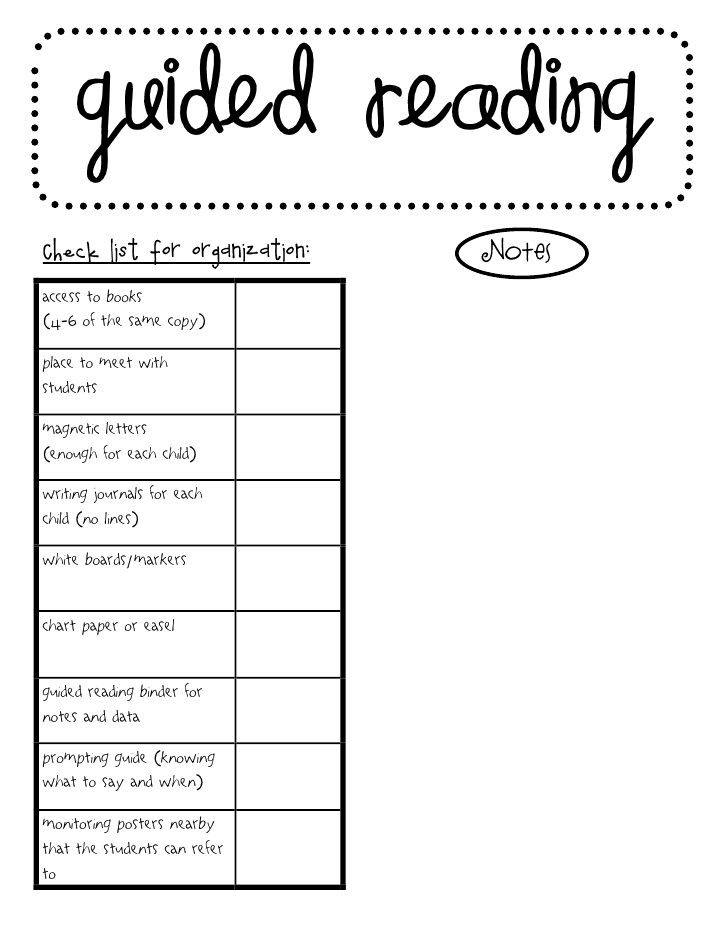 Some might be above grade level. If a kid is interested in a topic, they’re more likely to engage with a challenging text on that topic. Plus, a text that’s above grade level provides a nice opportunity for joint reading with another member of the family
Some might be above grade level. If a kid is interested in a topic, they’re more likely to engage with a challenging text on that topic. Plus, a text that’s above grade level provides a nice opportunity for joint reading with another member of the family
Talk with your child…a lot
Children expand their vocabulary and understanding of sentence structures not only through reading but also through conversations with others.
Talk to your children about their day at school, about what they see in the neighborhood on a walk or drive, about their interests, about the movie you watched together, about the news, about anything, really. When possible, ask questions that will elicit more than a one-word response. A colleague loves asking about her children’s day using the popular Rose, Thorn, and Bud exercise, for example. Her kids share a rose, or a good thing about their day, then a thorn, a difficult thing. The bud prompt is for sharing something they’re looking forward to.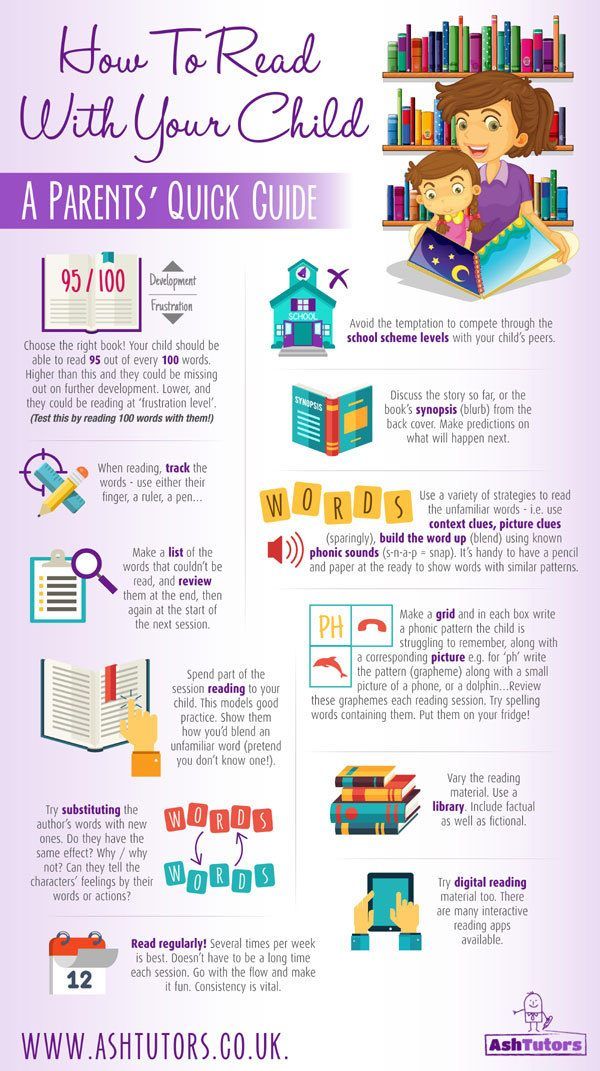
For more information about the power of language comprehension, see my friend Toni’s post “All about language comprehension: What it is and how it can help your child read.”
Give your child authentic writing tasks to help them find their voice and develop their sense of power
Kids are more motivated to write when they are writing for real purposes and real audiences and there is a potential for real impact.
Encourage your child to write for practical and useful purposes like helping create a grocery shopping list for the week; writing a get-well-soon card to a friend; writing an email to their teacher asking for clarification on an assignment; or writing a letter to an elected official calling for change. Heck, they can even follow the lead of adorable Dillon Helbig, an 8-year-old who wrote a book and self-published it by secretly stocking it on a shelf at his local library.
Kids need to understand the value and purpose of the actions of reading and writing; knowing the why helps them be more motivated to read and write themselves.
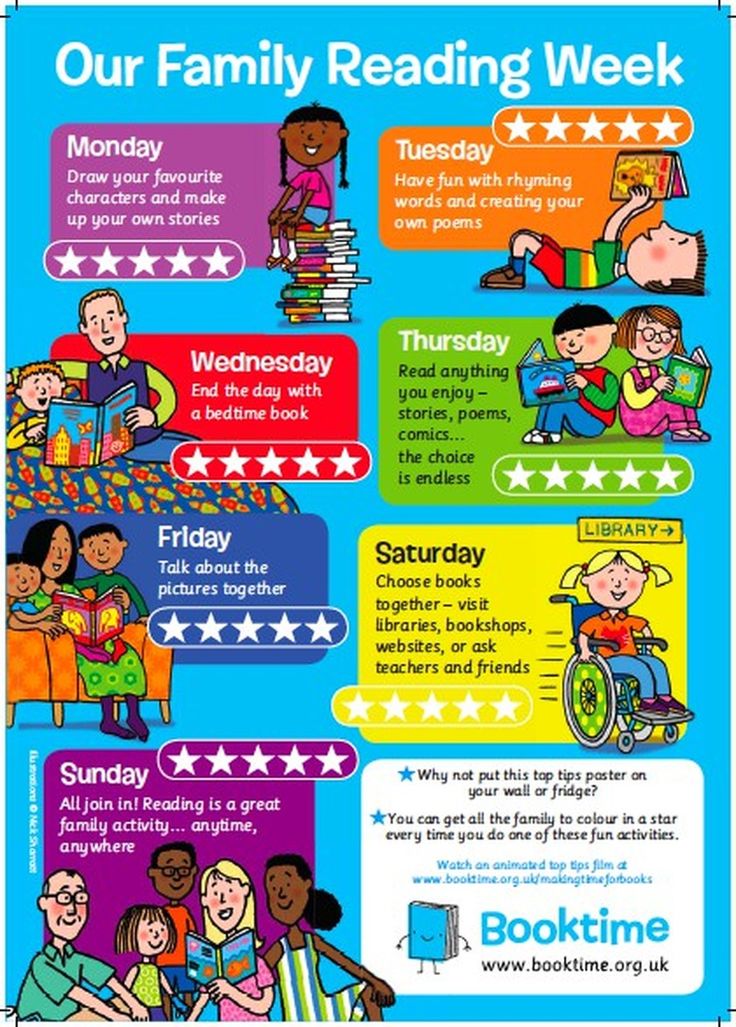
Writing can also have a huge psychological benefit for processing emotions. Encourage your child to keep a journal to work through and express their own thoughts and feelings. For young learners, this might be in the form of drawing pictures.
Literacy strategies for kids from birth through pre-K
Children in pre-K and younger are often called “preliterate.” This description is important because while they are not yet “literate,” they are engaging in many activities that establish a solid base for later independent reading and writing. Think of the following strategies as building blocks for future reading and writing success.
Read aloud to your child
Children’s understanding of language begins in the womb as they hear the rhythm of their mother’s speech. Infants mimic speech by making sounds, which are often effective communication tools to get them what they want. Toddlers start using words and pretty quickly they are stringing together complete sentences without ever having a single grammar lesson on sentence construction.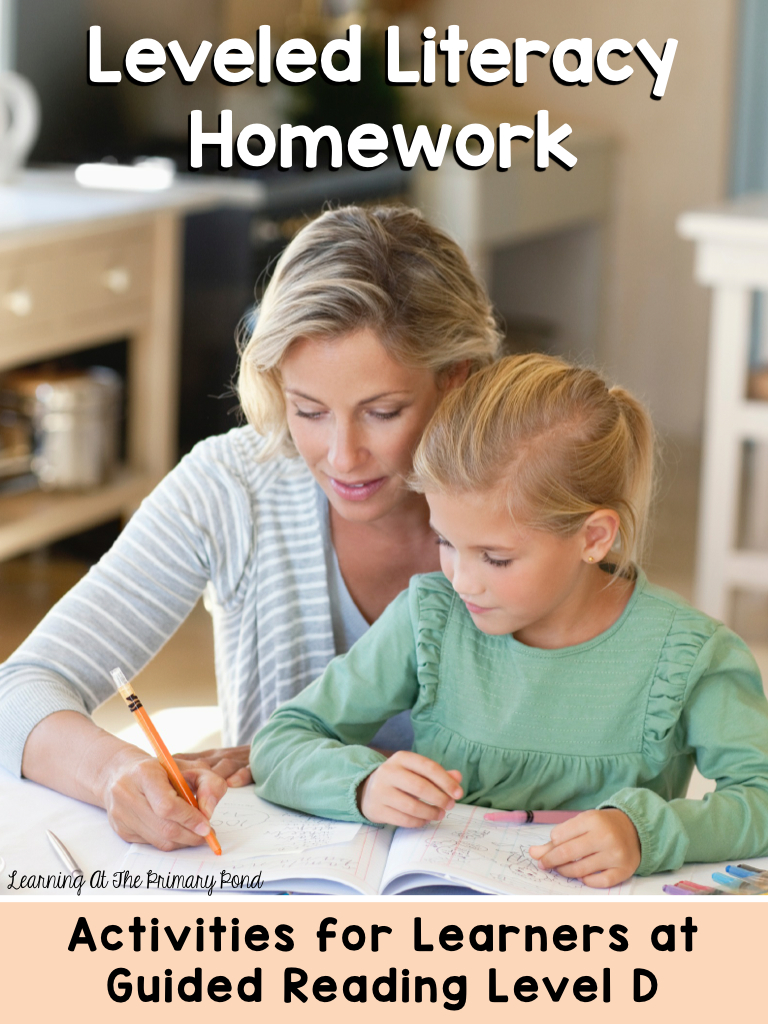 By observing and interacting with adults and other kids, children learn to speak in full sentences before they can read individual words printed on the page.
By observing and interacting with adults and other kids, children learn to speak in full sentences before they can read individual words printed on the page.
Instill a bedtime story routine, maybe with those library books you got on your kid’s favorite topics. Read aloud environmental print, too, like store signs and street names. Through read alouds, children expand their vocabulary, their knowledge about a topic or idea, and their understanding of sentence structures.
Draw on the print-rich environment at home
Children aren’t born knowing what letters and words are. It’s a conceptual understanding (also known as print awareness) that they build over time with help from adults.
One of the most obvious ways to build print awareness is to install a bookshelf in your kid’s bedroom and keep it stocked with books from the library. However, print exists in other forms besides books. Post your shopping or to-do list on the refrigerator for them to see.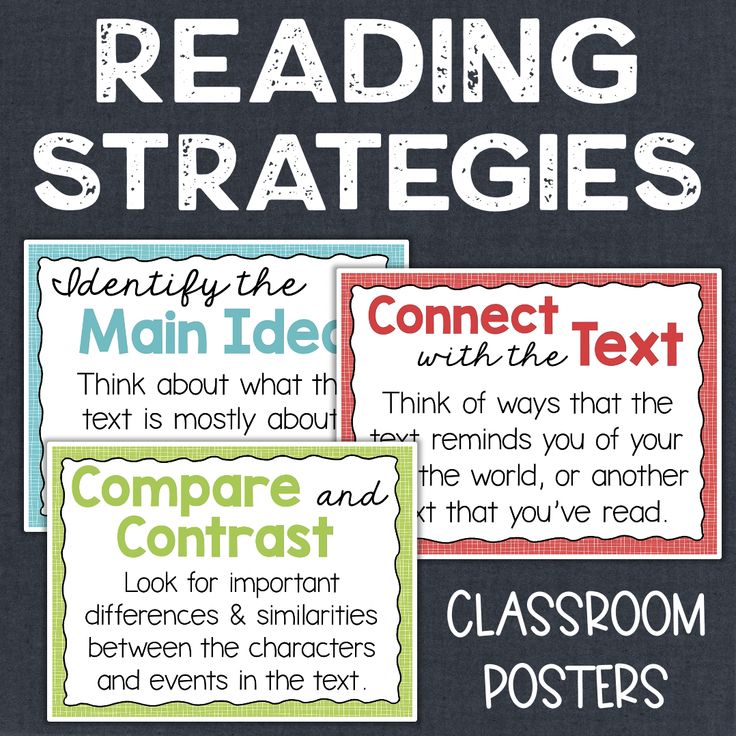 Use sticky notes to place labels on items in the child’s room and around the house. Get them a set of magnetic letters to rearrange on the fridge.
Use sticky notes to place labels on items in the child’s room and around the house. Get them a set of magnetic letters to rearrange on the fridge.
Surrounding kids with examples of printed texts sets the foundation for understanding the alphabetic principle.
Engage in art projects
Through drawing and painting, young kids develop the motor skills and physical stamina they need to eventually write words, sentences, and paragraphs. Having your kid practice drawing individual letters helps to establish the brain connections they need to later map sounds to letters and letter patterns when they are learning to read.
Instill a bedtime story routine […]. Read aloud environmental print, too, like store signs and street names.
Make sure your child has access to materials like paper, crayons, and finger paints. You can also get fun (and messy) by having them use their fingers to draw letters in salt or even pudding (the reward is pudding for dessert).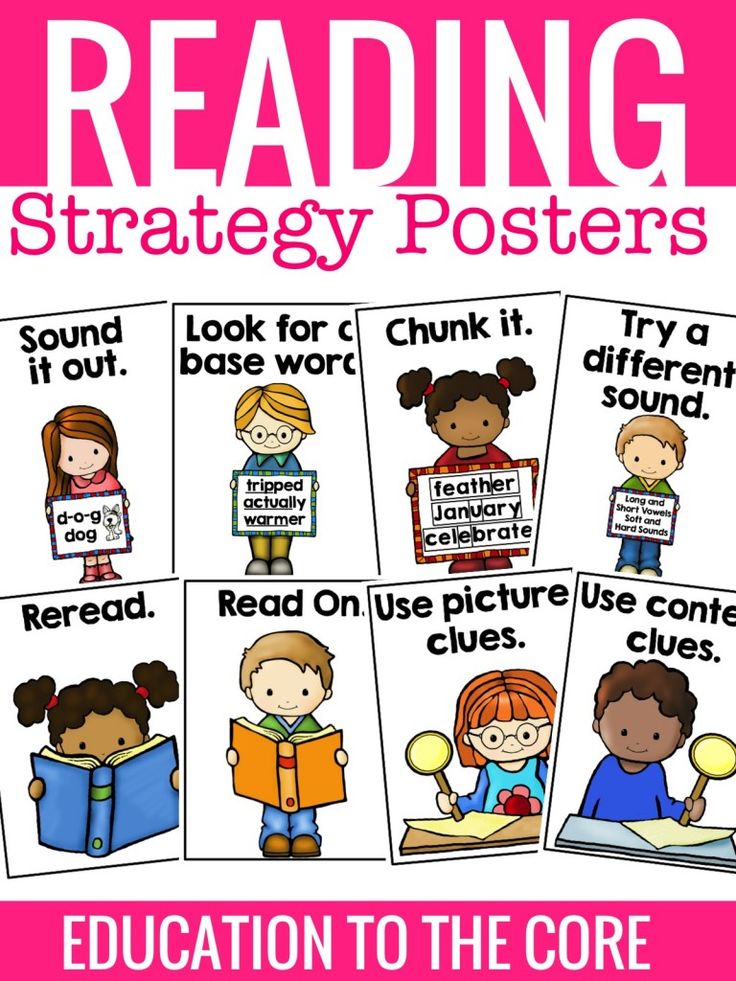 Let your and their imagination run wild!
Let your and their imagination run wild!
Strategies for kids in kindergarten through grade 2
Kids in these grades are actively learning how to read. They are developing their understanding of phonemic awareness (the individual sounds in words) and are learning to match those sounds with specific letters and letter patterns (also known as phonics) through the act of decoding. If you’re interested in more information about those two topics, the above links will take you to previously published blog posts about them. In the meantime, here are some easy activities to try at home.
Take turns reading aloud to each other
Students in this age group are likely bringing home decodable texts from school, which use the specific letter patterns they are learning at the time. Create a positive attitude toward reading by asking them to read these texts to you and praising them accordingly.
Continue to read above-grade-level books aloud to them, too.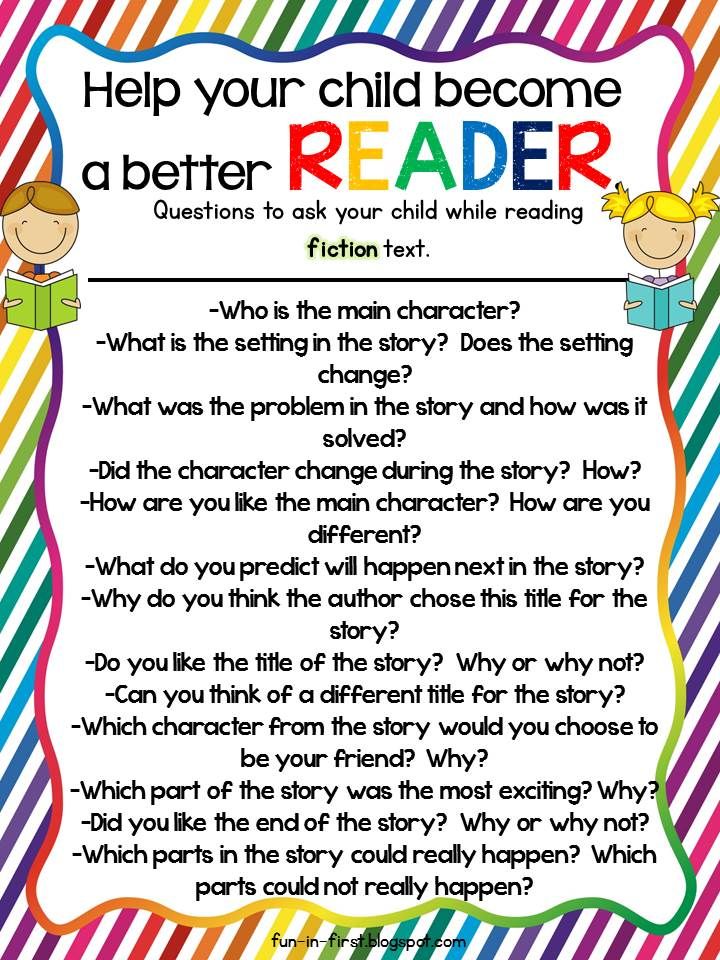 While kids this age may not be ready to read chapter books on their own, you can still build their understanding of vocabulary and language structures as well as strengthen their comprehension by reading more complex texts aloud to them.
While kids this age may not be ready to read chapter books on their own, you can still build their understanding of vocabulary and language structures as well as strengthen their comprehension by reading more complex texts aloud to them.
Ask them questions about what you read together
Asking questions serves not only to measure kids’ understanding of a text but also to deepen their understanding by helping them think more carefully about what they are reading (or listening to).
Ask kids questions that start with “who,” “what,” “when,” “where,” “how,” and “why.” Ask them to predict what will happen next and what in the text makes them think that. These questions help kids become active readers who are able to make connections in a text.
To learn more about reading comprehension, check out my friend Shiji’s post “A new spin on playing catch: Helping your child understand what they read.”
Play word games
Kids this age are doing a lot of word study at school. They’re learning to isolate the individual sounds in words and to blend individual sounds to form new words. They are learning how base (root) words, prefixes, and suffixes can help them understand the meaning of unfamiliar words.
They’re learning to isolate the individual sounds in words and to blend individual sounds to form new words. They are learning how base (root) words, prefixes, and suffixes can help them understand the meaning of unfamiliar words.
You can play rhyming games to support their learning of the connections between sounds and letters. You can have them dissect words for their different parts and associated meanings. You can introduce word construction games like Zingo Word Builder or sight word bingo.
Strategies for kids in grades 3 and above
For kids in this group, authenticity matters. They need to find real value in the reading and writing activities they’re engaging in. Also, if your kid is showing struggles with reading or writing, it’s important to reach out and stay in close contact with their teacher. They may need additional and targeted support with developing certain skills.
Listen to music, podcasts, and audiobooks together
While we might appreciate music, podcasts, and audiobooks through our sense of hearing, these formats all require a writer or team of writers to brainstorm, draft, and polish ideas in writing before hitting the record button.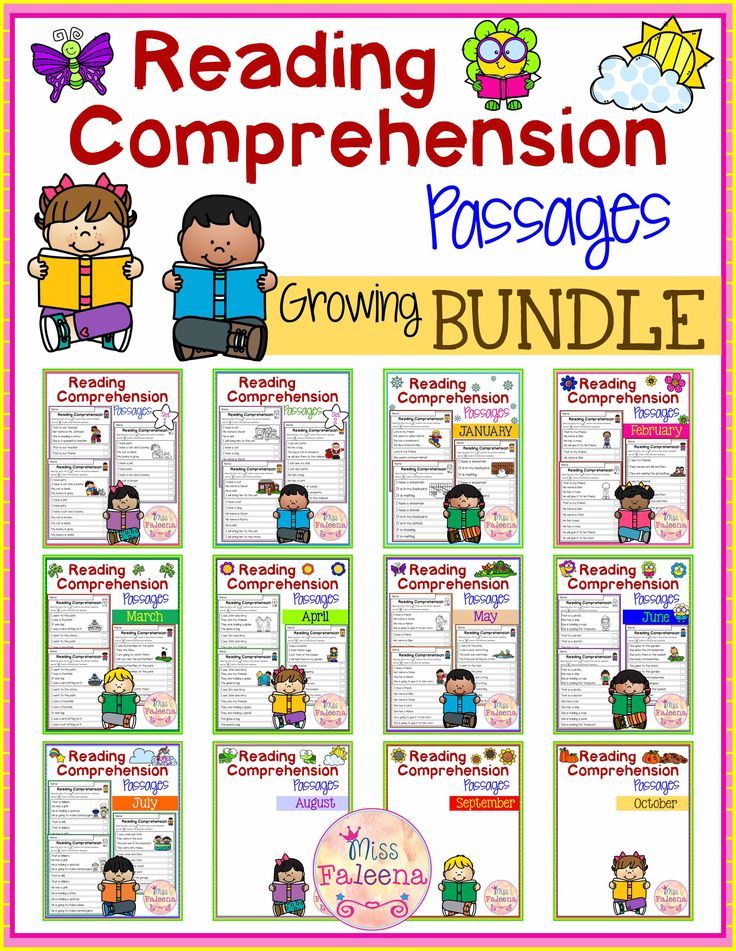 Share that information with your child, and enjoy these types of storytelling together.
Share that information with your child, and enjoy these types of storytelling together.
[I]f your kid is showing struggles with reading or writing, it’s important to reach out and stay in close contact with their teacher.
Discuss and analyze the lyrics to some of their favorite songs. Songwriters make interesting word choices and use inventive sentence structures. These provide ripe opportunity to discuss how language can be used for stylistic effect and to build vocabulary.
It seems like there is a podcast for every area of interest. Listening to podcasts builds listening comprehension and oral language skills. It also might spark students to create their own podcasts, which involves a lot of reading and writing. Scroll down to my last tip for useful links on creating podcasts.
If students struggle with reading fluently, it can help for them to follow along a book while listening to the audio version. For more information about and at-home tips for building reading fluency, check out my blog post “6 ways to help your child read fluently, cover to cover.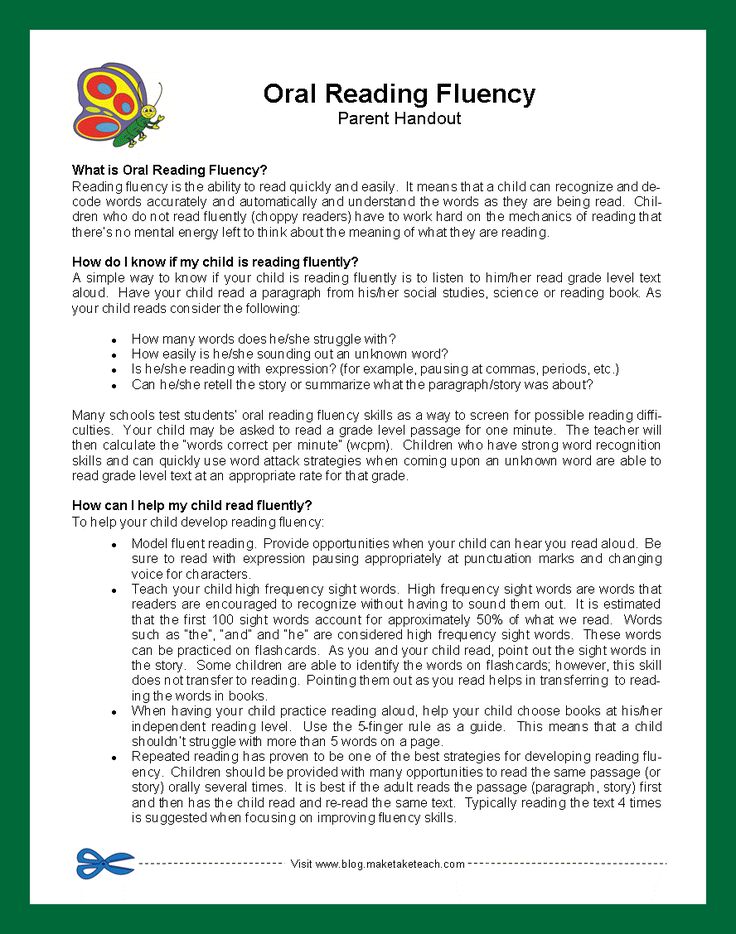 ”
”
Practice digital citizenship by evaluating the credibility of online information
In today’s world, readers are bombarded with misinformation, but it can be difficult to determine what information is credible. The organization Common Sense has a curated list of websites and apps that help kids develop their media literacy skills as responsible consumers and producers of content. News Literacy Project and Media Literacy Now also offer resources for families.
Younger kids will often start with identifying text genre and relating it to the author’s purpose before moving on to distinguishing fact from opinion by examining key clues, like the use of “loaded” phrases. With ongoing instruction and practice, older kids become more skilled at evaluating sources.
If your child has a social media account, help them understand that they are participating in an authentic media environment and that their posts are examples of real writing that can have a real influence on others.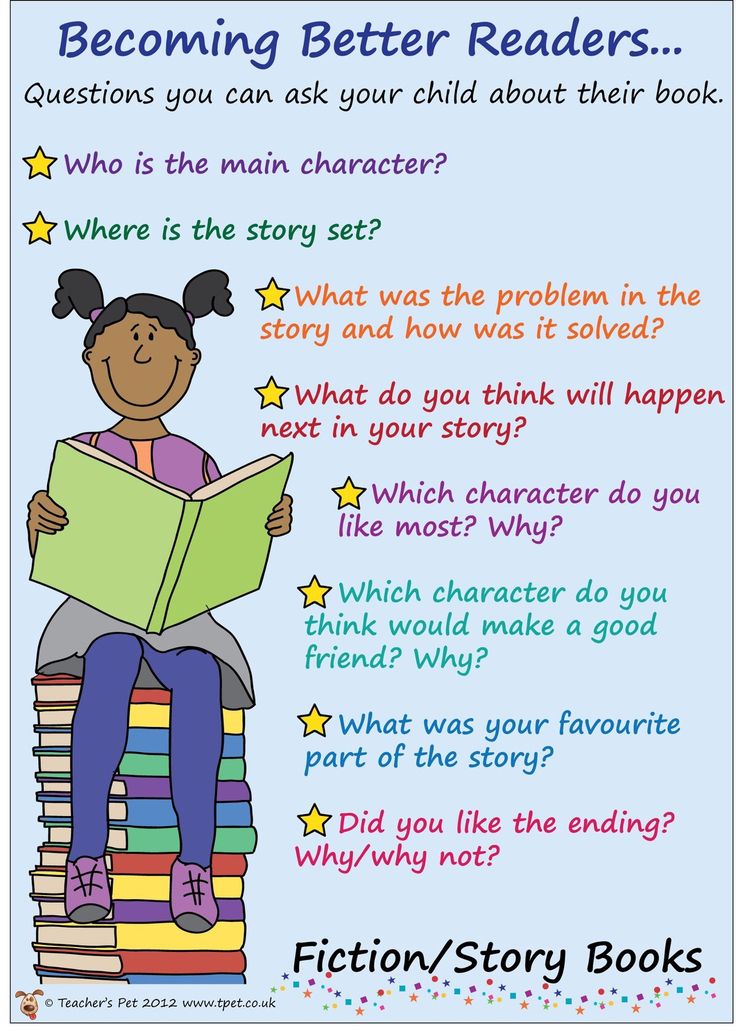 Asking them to evaluate their own posts or reposts through the same critical lens as other online sources can help reinforce this understanding.
Asking them to evaluate their own posts or reposts through the same critical lens as other online sources can help reinforce this understanding.
Encourage them to use digital tools to create new texts
“Real-world” writing today is digital writing. People use keyboards, computers, and other digital devices to translate their thoughts into sentences for an internet-connected audience to read. Your kids might already be using Google Docs on a regular basis to collaborate with their classmates. Technology also allows writers to embed multimodal elements to enhance their ideas, such as graphics, images, videos, audio clips, animation, and hyperlinks to other sources.
Ask your child to compose texts with digital tools so they can be better prepared for real-world writing and have the opportunity to geek out with technology they are drawn to. Check out this list of free multimedia tools your kid can tinker around with as they create new texts. Common Sense has another two lists of recommended websites and apps (with free and paid options), one specifically for making videos and animations and another for podcasting. Kids’ creative potential is truly limitless here. And they can “publish” these texts for real audiences. For example, NPR runs a yearly student podcast challenge with real prize money!
Kids’ creative potential is truly limitless here. And they can “publish” these texts for real audiences. For example, NPR runs a yearly student podcast challenge with real prize money!
Putting these strategies into action
Reading and writing don’t take place only at school. They are essential activities in everyday life. And they involve skills that we develop over time with purposeful support from teachers.
Your official job title might not say “teacher,” but you are a huge influence in your child’s life—and that makes you a teacher. These family strategies for reading and writing don’t require special training, only that you and your child spend some quality time talking, reading, and writing together. You’ve got this!
Parental readings - extracurricular work, measures
Municipal educational institution
Main Educational School No. 3 G. KAMAMHKOVO
“CROW TRANSLATION 9000
9000 9000 WINDICATION OF THE BOOK .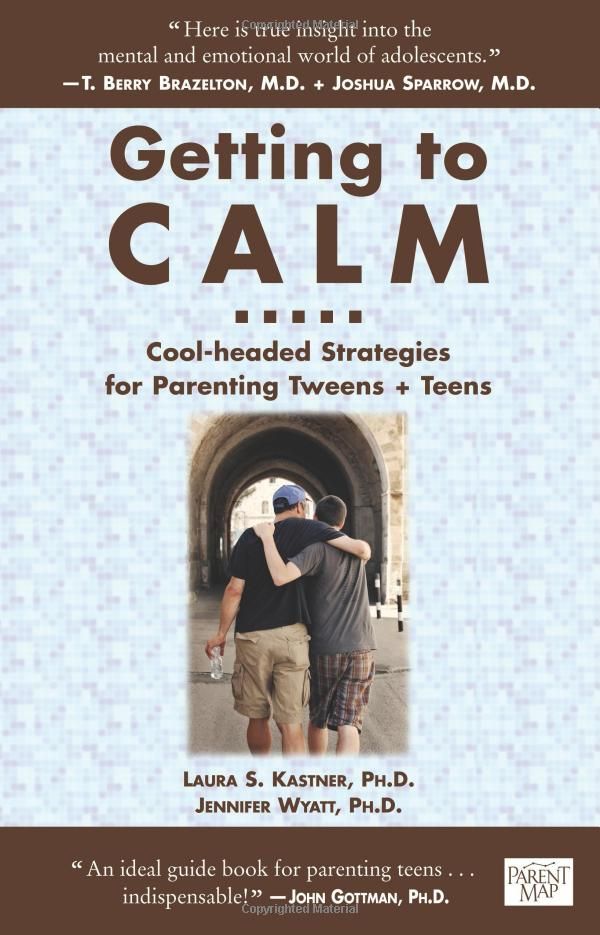 ..” 9000 9000 S.E. Petrova
..” 9000 9000 S.E. Petrova Teacher of the Russian language and literature
MOU OOSh No. 3 city of Kamishkovo
2015
Recommendations for family (parent) Readings
Family Read way of socialization of the younger generation. Such communication creates the ground for an exchange of opinions, it is also necessary for adults, who, thanks to communication with children, are enriched emotionally. Problem of question : students' interest in reading is sharply declining from year to year. The school is actively working to promote reading. But why is this work becoming ineffective?
Hypothesis : if the tradition of family reading lost in most families of students is revived, then the child's intellectual level, level of upbringing will increase, the child will be able to better adapt in society.
The relevance of the problem under consideration lies in the fact that without reading there is no person, no personality.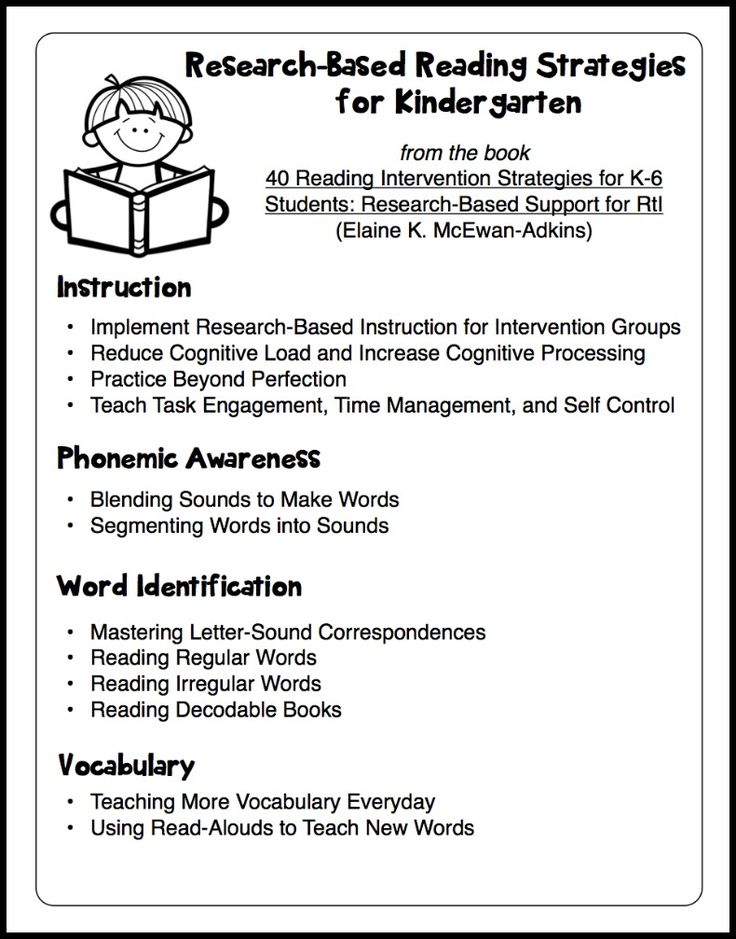 It is the book that is the indispensable tool that helps to form moral principles, moral foundations and cultural values, master the information accumulated over the centuries, develop imagination, teach to think, analyze, evaluate one’s own and other people’s actions. And one of the means of developing interest in reading is family reading traditions.
It is the book that is the indispensable tool that helps to form moral principles, moral foundations and cultural values, master the information accumulated over the centuries, develop imagination, teach to think, analyze, evaluate one’s own and other people’s actions. And one of the means of developing interest in reading is family reading traditions.
Practical orientation : this material can be used by class teachers of grades 5-7 during parent-teacher meetings, round tables, conversations with students about the benefits of reading.
The purpose of working with parents in this direction is to determine the effectiveness of the family reading tradition as a means of child development and its further socialization
Tasks of the work:
-
identify the relationship between reading and raising a child;
-
determine the role of family reading traditions in developing a child's interest in reading;
-
determine the forms and methods that allow the family to solve the problems of developing a child's interest in reading.
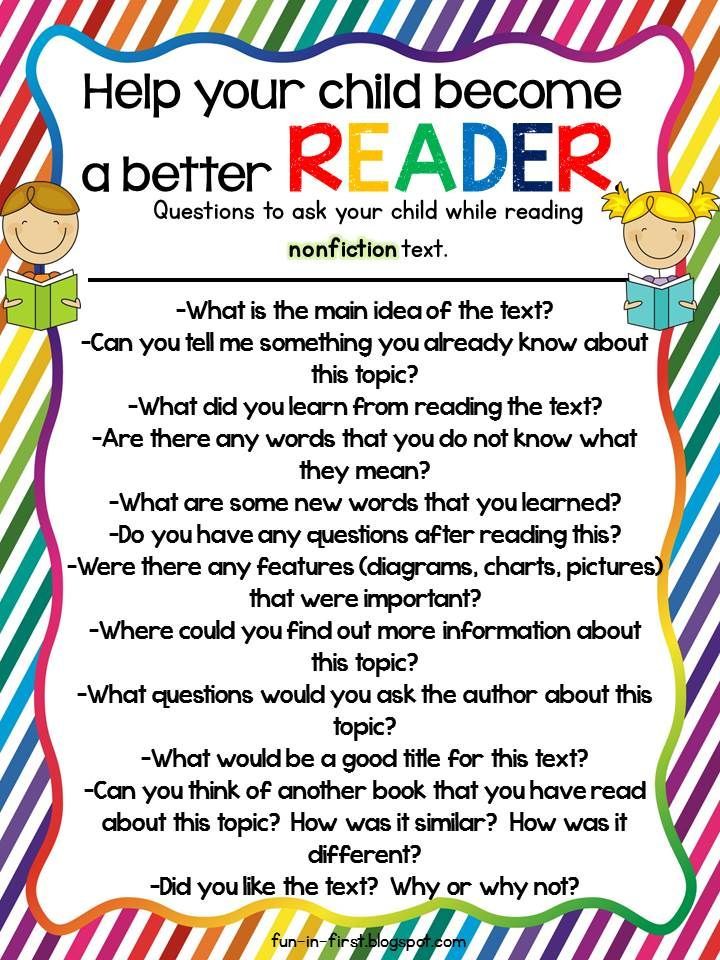
The purpose of working with students is: to draw attention to the problem of promoting reading the best examples of Russian literature in children and youth environment
Tasks of the work:
-
to determine the circle of reading preferences of families of students in grade 5b;
-
focus on previously unread works of classical and foreign literature;
-
create conditions for the formation of communicative UUD students;
-
continue to master the rules and skills of public speaking.
Preliminary work:
-
Conducting lectures for parents “ The role of family reading in the development of the child’s personality as a component of improving the quality of education”
-
Conducting a class hour “Books that we read…” (with the involvement of employees of the district children's library)
-
Questioning of parents and students
-
Each family of 5th grade students receives an assignment
-
Conducting parental (family) readings as a final event (see script) (multimedia presentation Appendix (disk - CD)
Reading - like any other activity - should be accessible and interesting to the child.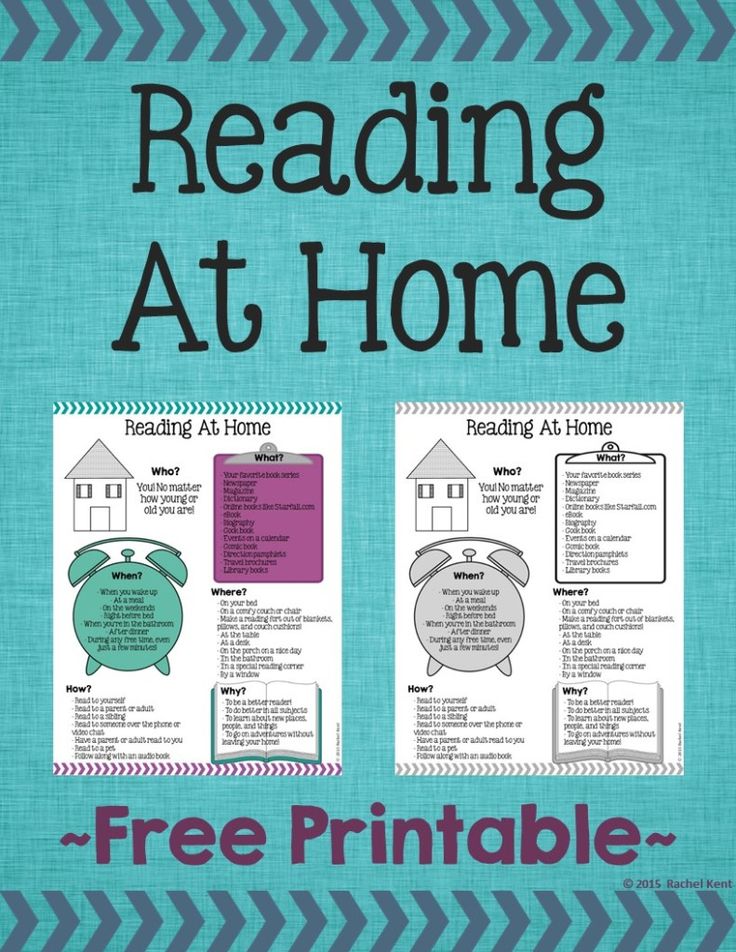 The child should feel alive (genuine!) adult's interest in reading, to see that mom and dad also know how and love to read.You need to share your impressions of what you read with your child.It is necessary to create a special environment for reading - a cozy place in the house, pleasant lighting, silence, a certain time only for reading.When offering a new book to a child, you need to tell something interesting about its author or tell an interesting plot point, while saying that he can find out the rest for himself.After reading, you need to discuss what you read.Based on such beliefs, each family was given the following task :
The child should feel alive (genuine!) adult's interest in reading, to see that mom and dad also know how and love to read.You need to share your impressions of what you read with your child.It is necessary to create a special environment for reading - a cozy place in the house, pleasant lighting, silence, a certain time only for reading.When offering a new book to a child, you need to tell something interesting about its author or tell an interesting plot point, while saying that he can find out the rest for himself.After reading, you need to discuss what you read.Based on such beliefs, each family was given the following task :
Dear _____________________________________________!
We invite you to take part in Family Readings, which will take place ___________! You have a chance to become the most reading family in grade 5b! Don't miss it! To do this, you need:
1. Choose from your home library the best (in your opinion) work of art for reading together with your family.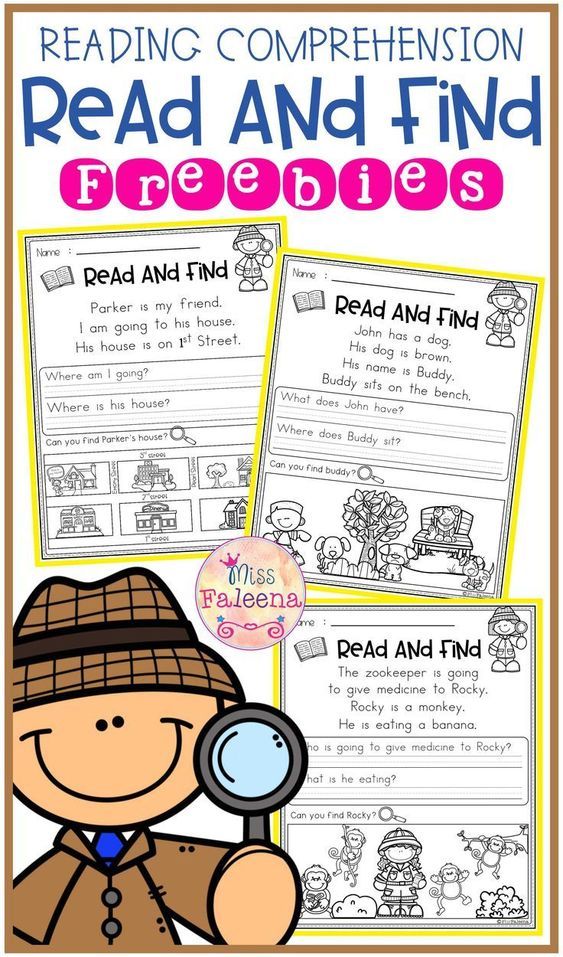
2. Discuss what you read together, help your child write a review about this book (work). Remember, your child has a responsible role - he SPEAKER at the closing event.
3. Capture the most important moment (choosing a book, reading, etc.) with a photo together. (Materials, including photos, must be submitted by ________ )
Dare, and you will succeed!
You can't force people to read. One can only love reading with a child. And in order for this not to remain empty appeals, literature reminds us what rights we ourselves, as readers, have appropriated: to read at your own choice, not to finish reading what you don’t like, to re-read your favorite many times, to be silent about what you read ...
It is extremely difficult to create a family reading tradition. Especially if there was no such tradition in the family before. But you can! And it is extremely important that the first acquaintance with the book comes from the parents.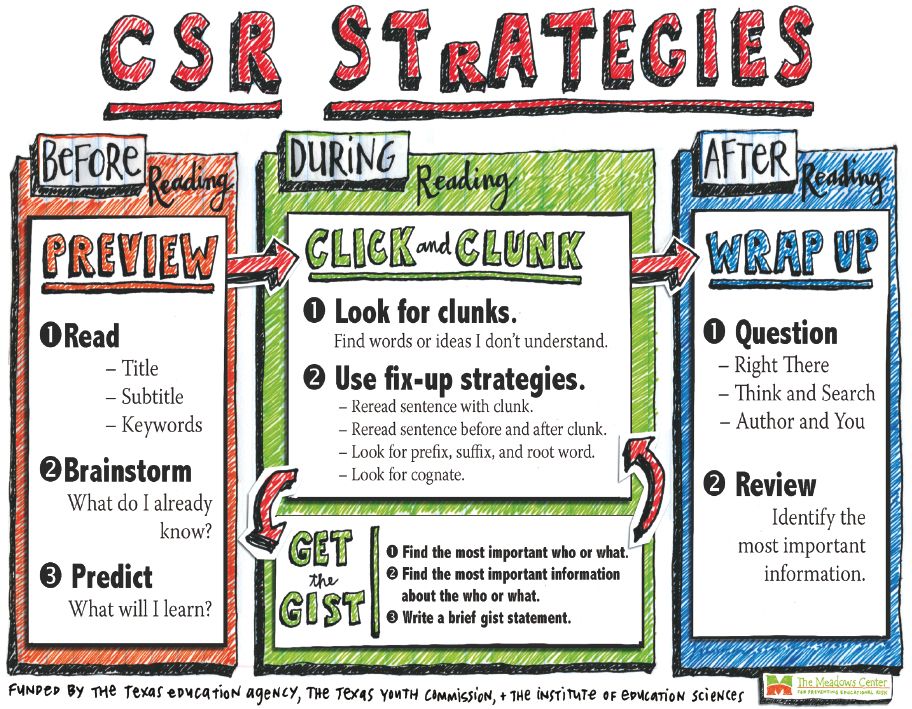
Each person needs books differently. Some more, some less. The best book in the world is the one that a person has read and loved. But only he can find it. We, adults, must help the child in this.
At the final event, the main role is assigned to children - they are also SPEAKERS - they are also representatives of their family. During the preparatory work, the class teacher made a general POWER-point presentation, each slide of which was dedicated to one family and contained at least - photo of family reading, author and title of the book, illustration of the book itself. From the photo on the screen, the students found out who was granted the right to defend the honor of their reading family, went out and presented their book orally. The role of the teacher (class teacher) is reduced to a minimum. The event was attended by the following game moment: the first slide was switched by the teacher, all subsequent SPEAKER, who ended his speech and gave the right to the next one (the presentation is set to switch slides by mouse click)
Important:
Agree with the children in advance on a strict time limit for the performance (up to 5 minutes), depending on the number of speakers.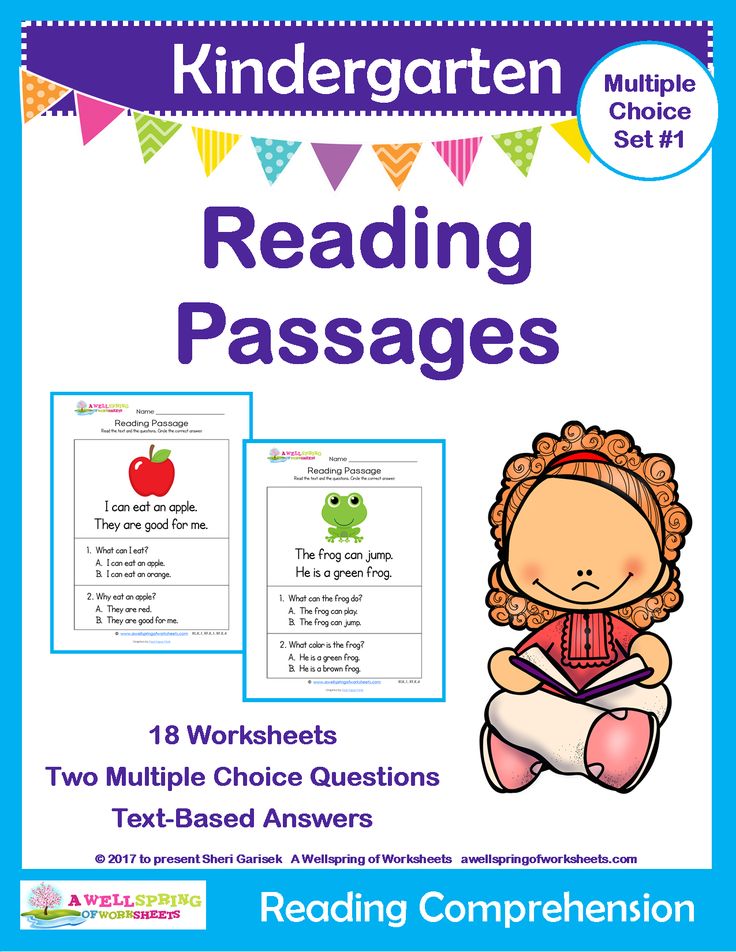
And that's what we got!
The script of the event
“Remember the wisdom of the book ...”
The introductory word of the class teacher: Good afternoon, respected guys, so we have come when we summarize your results time-consuming, but, I hope, useful work. There are fewer and fewer families in which there is a cult of the book. On the contrary, there is a trend of rejection from reading. But over the past century, the very concept of “family reading” has not lost its meaning. And in this, I think, today we have to make sure.
Reflection of the disappeared years,
Relief of the yoke of life,
Eternal truths unfading light -
This is a book. Long live the book!
A pledge of tireless searching,
The joy of each new shift,
An indication of future roads -
This is a book. Long live the book!
Light source of pure joys,
Consolidation of a happy moment,
Best friend, if you are lonely, -
This is a book. Long live the book!
Reading in the family circle, in the presence of loved ones and with their active participation, reading a book common to all. This brings together, unites the family, highlights problems and suggests ways to overcome them. It's good if the apartment has at least a tiny reading corner. A century ago, its role was played by a round table (by the way, this type of furniture is back in fashion), at which the whole family gathered. Mandatory in the house was the presence of a children's library. Today it is also necessary - even if the size of one regiment. I want each of you to open for us a piece of your family world. You, together with the people closest to you - your parents - chose a book, read it, wrote a review ... I am sure that today each of us will learn something new and interesting. A slide is dedicated to each of you in our general presentation, but your task is to present it as interesting as possible, not forgetting the rules of oratory.
The Alyukov family presents……
Jules Verne “Around the World in 80 Days”
We chose my favorite adventure book by the brilliant writer Jules Verne for reading together.
The protagonist of the novel, Phileas Fogg, bet that he would be able to go around the globe from west to east in no more than 80 days, which was at that time the maximum possible speed, given the technical possibilities of transport. Fogg's journey begins in England, then he goes to France, Egypt, India, China, Japan, America. Along the way he meets many dangers; in India, Phileas Fogg and his servant Passepartout rescue the beautiful Auda, who is about to be burned alive along with the body of her late husband. Subsequently, Miss Auda becomes Fogg's wife. The detective Fix also interferes with the journey: the police are sure that it was Fogg who stole a large amount from the Bank of England, and the bet is only an opportunity to hide from the law. And when Fogg returns to the UK one day late, he decides the next day, Monday, to marry Auda. And what is his surprise when the priest says that tomorrow is Sunday! So the brave and imperturbable Mr. Fogg wins the bet. The novel describes in detail the means and conditions of movement of that time: on packet boats, steam locomotives, schooners; in addition, travelers had to use a sleigh with a sail and even an elephant.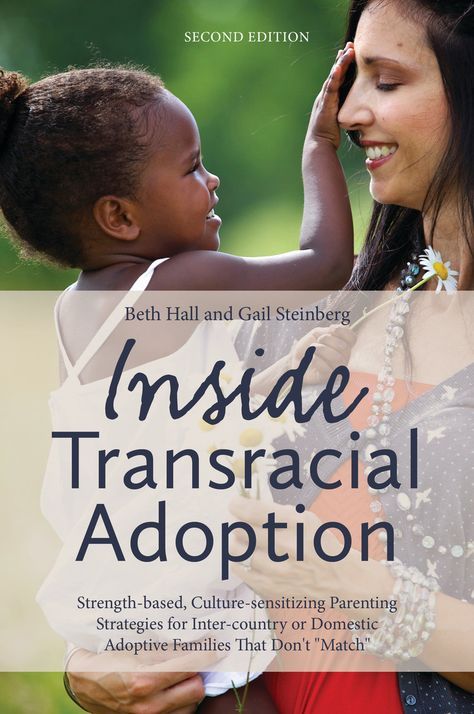
Everyone who loves adventures, join us!
Prepared by: Alyukov Ilyas
The Goglov family presents……
I.S. native nature.
The story "Bezhin Meadow" by Turgenev is included in the cycle "Notes of a Hunter". The story is told in the first person. The hero of the story got lost while hunting, and he had to spend the night in nature with the boys grazing horses at night. The story begins with a description of a July day. The author describes the morning, afternoon and evening very colorfully. The hunter had to spend the night, so in all colors we see the description and the night. By the way, his description of the night goes, as it were, unobtrusively.
At my age, it's all a joy to read. But, as a rule, children often skip the first page of the book. Our students are not accustomed to such descriptions.
And then, sitting by the fire, the boys begin to tell horror stories. As we can see, both modern children and children who lived in Turgenev's time like scary stories.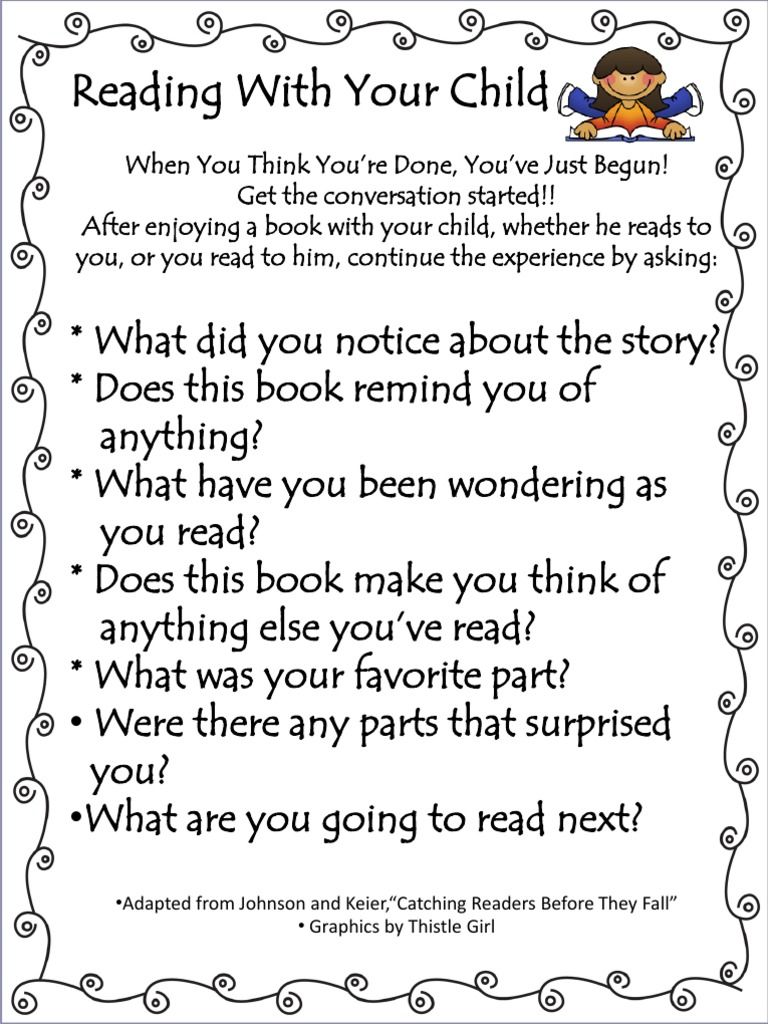 Of course, those horror stories are very different from modern ones, but I think they can interest children.
Of course, those horror stories are very different from modern ones, but I think they can interest children.
One of the boys, Pavel, goes down to the river in the middle of the night and fills a pot with water. It seems to him that a previously drowned boy is calling him from the water. This was considered a bad omen by the people. Turgenev in the story mentions that Pavel died that same year. It seems to me that with this Turgenev wanted to draw attention to the traditions, signs and wisdom of a simple peasant. I advise everyone to read!
prepared: Gloglova Sofya
The Petrov family represents .......
Mikhail Mokienko “How Baba Yaga Saved a Tale”
I proposed to read this fairy tale story together. If you love fairy tales as much as I do, then you definitely need to read this book. We live in the 21st century and do not believe in fairy tales, but what if we imagine that fairy tale characters live among us . .... It is difficult, but Mikhail Mokienko presented it, and it turned out to be a wonderful fairy tale.
.... It is difficult, but Mikhail Mokienko presented it, and it turned out to be a wonderful fairy tale.
In short, the plot is as follows: people gradually began to forget fairy tales, stopped believing in them.. And fairy-tale characters still live in their fairy forest. they are waiting for a new fairy tale to begin.. And when the girl Masha accidentally gets into the forest, Babki-Ezhki decide to come up with a new fairy tale on their own..
The author managed to do the impossible - he took old folk characters and made them more modern, while drops without vulgarity. Baba Yaga is now not alone, there are three of them. And each with its own character and habits. Koschey the Immortal is not a sinister, languishing over gold, but quite such a humorous and slightly cynical uncle who works in a military unit. It turned out to be a fabulously humorous detective novel))
The book is very easy to read, it will be interesting for both the baby and the parents. A lot of humor understandable to a child, a lot of "fabulous" sayings and phrases.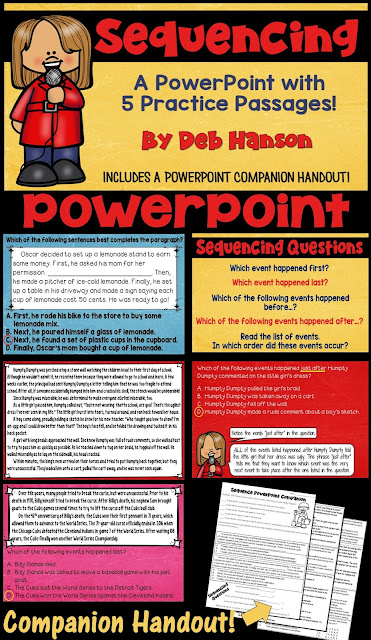 .
.
Definitely recommend to everyone! I’ll finish my review now, pour a large mug of cocoa, climb under the blanket and re-read it with great pleasure
Prepared by: Petrov Semyon
The Morozov family presents ......
Adventures of electronics 9007 0007
Soviet scientist Gromov makes a grandiose discovery - he manages to create a biorobot indistinguishable from a human. Not only is a ready-made prototype created right away, without glitches, it was also made in the kitchen, in my spare time. Of course, they may object to me, they say, most likely the whole institute worked, but we will note this. Firstly, we see Elik only in Gromov's apartment, and not in some super-sophisticated laboratory. Think for yourself who would have allowed him to remove valuable and secret equipment from the territory of the research institute. Thus, the professor quietly from everyone creates a brilliant creation, which neither Russian science nor anyone in general suspects.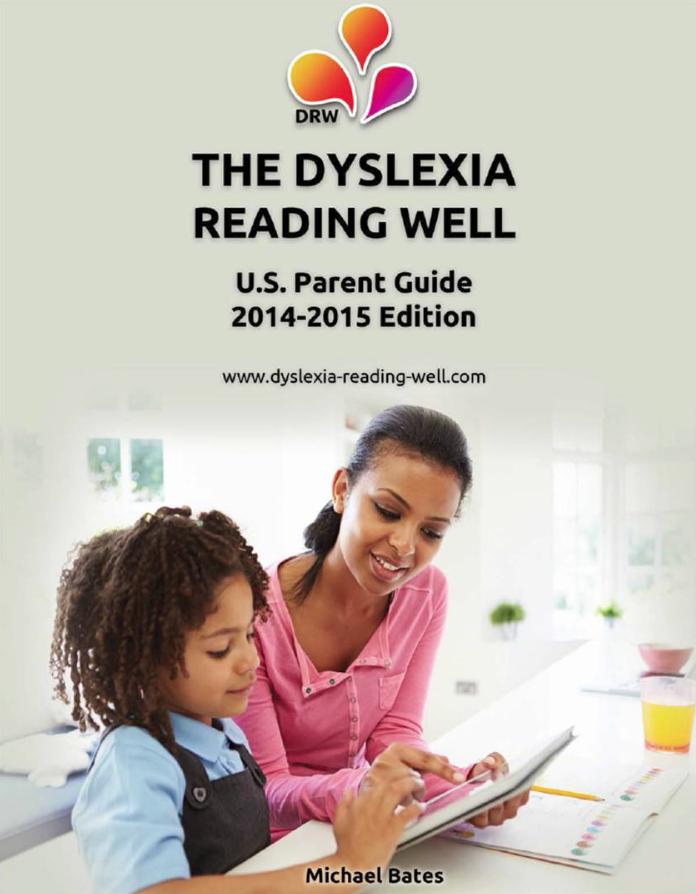 However, the mafia group of one imperialist country is well informed about this, which sends its agent with the task of kidnapping the robot and sorting out its management ......
However, the mafia group of one imperialist country is well informed about this, which sends its agent with the task of kidnapping the robot and sorting out its management ......
Interested, then go ahead…….
prepared: Morozov Maxim
Botylov family is .......
Anatoly Mityaev “Sixth - incomplete”
Book of Anatoly Vasilyevich Mityaev “The Sixth -Steeper” tells about the manful of our warrior of our warrior of our warriors. . The writer himself participated in the Great Patriotic War, which is why he loves the heroes of his stories so much - after all, these are his front-line comrades. Remember that infantrymen, tankers, gunners, pilots, and sailors like them defended our freedom and our lives.
There are such books and such authors that you read and your soul toils, cannot calm down, asks for some kind of continuation. So I did with Anatoly Mityaev. It all started with Dugout .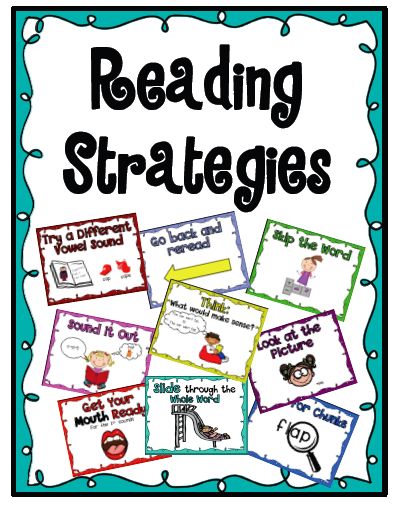 There are only three short stories, but they turned out to be so warm, sincere, the difficult front-line everyday life was described so simply and artlessly - without savoring the bloody details, particular cruelty, and at the same time that I wanted to read something else. Then there was The feat of a soldier . And it was already a double pleasure, because this book was illustrated by one of my favorite artists - Vladimir Leonidovich Galdyaev, firstly, and published by one of my favorite publishing houses - "Rech" :) Interestingly, the books absolutely do not overlap in terms of content. And then, quite by accident, I came across a collection of Mityaev's stories, to which there was only one single, but sensible review. I was convinced that in terms of content it has no equal, it includes a lot: completely "Dugout" and "Soldier's Feat", and besides, all the stories from the collection published by the "White City" - Letter from the front .
There are only three short stories, but they turned out to be so warm, sincere, the difficult front-line everyday life was described so simply and artlessly - without savoring the bloody details, particular cruelty, and at the same time that I wanted to read something else. Then there was The feat of a soldier . And it was already a double pleasure, because this book was illustrated by one of my favorite artists - Vladimir Leonidovich Galdyaev, firstly, and published by one of my favorite publishing houses - "Rech" :) Interestingly, the books absolutely do not overlap in terms of content. And then, quite by accident, I came across a collection of Mityaev's stories, to which there was only one single, but sensible review. I was convinced that in terms of content it has no equal, it includes a lot: completely "Dugout" and "Soldier's Feat", and besides, all the stories from the collection published by the "White City" - Letter from the front .
prepared: Konstantin Botylov
Borovkov family is .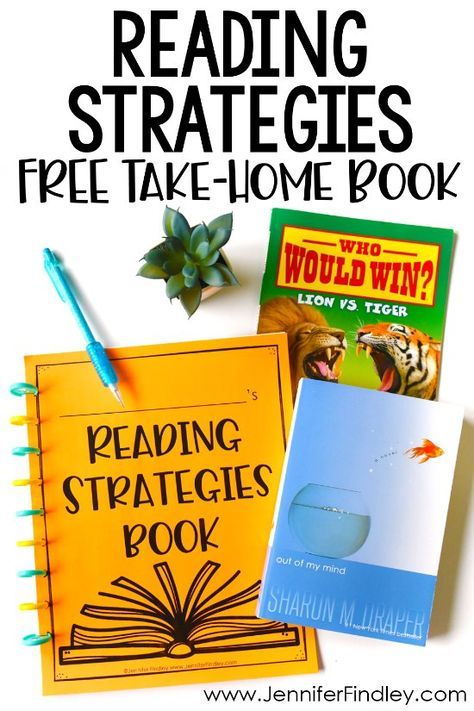 .. ...
.. ...
Julia Voznesenskaya Juliana, or dangerous games, or dangerous games, or Anya sisters Julia and Anya, will go to the Magician School located in Higher Ireland. Amazing events, shocking discoveries and many dangers await them. But faith in God, the intercession of guardian angels and the sisters' strong love for each other will help them overcome all difficulties and defeat evil.
“They say that demons are vile in appearance from the very moment when they, the Angels who went over to the side of Satan, were swept away by Archangel Michael with his heavenly army into one heap, dragged through the whole universe and pushed into the atmosphere of the planet Earth, then still young and deserted. In a word, we locked them here with us. However, some biologists and demonologists argue that demons on Earth at first still retained their Angelic appearance, only they were dark in appearance, and acquired their current vile appearance over thousands of years of creating all sorts of outrages - so they became shapeless, having completely lost their former Angelic image.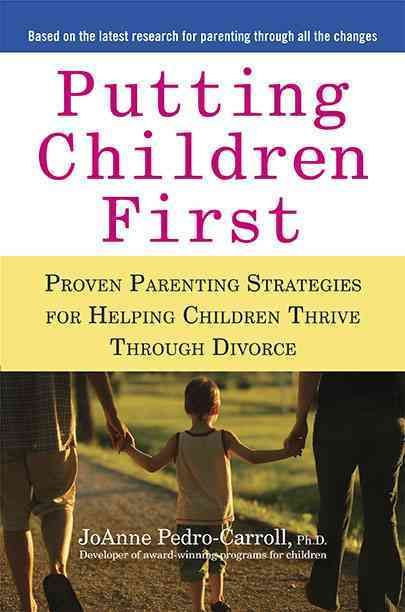 The same thing, by the way, happens to people. Didn't notice? Do you ever look at yourself in the mirror when you're angry: do you like yourself - with those pouty lips, angry eyes and frowning eyebrows? This is what "demonic beauty" is. Your anger will pass, but a small amount of ugliness will remain forever. And every time you get angry, you add this anti-beauty to yourself - and so on throughout your life. Just think what will happen to your face in old age if you give vent to anger, rage, envy, gloating, despondency and other demonic feelings? Scary to imagine! However, the same elders assert that the traces of our bad deeds, thoughts and feelings remain on our faces only as long as we do not repent of them, but we begin to repent, and the traces of even the most inveterate sins will gradually be erased and disappear. That's it"
The same thing, by the way, happens to people. Didn't notice? Do you ever look at yourself in the mirror when you're angry: do you like yourself - with those pouty lips, angry eyes and frowning eyebrows? This is what "demonic beauty" is. Your anger will pass, but a small amount of ugliness will remain forever. And every time you get angry, you add this anti-beauty to yourself - and so on throughout your life. Just think what will happen to your face in old age if you give vent to anger, rage, envy, gloating, despondency and other demonic feelings? Scary to imagine! However, the same elders assert that the traces of our bad deeds, thoughts and feelings remain on our faces only as long as we do not repent of them, but we begin to repent, and the traces of even the most inveterate sins will gradually be erased and disappear. That's it"
Think about how thoughtful this passage from chapter 1 is! I advise everyone to read!
prepared: Polina Borovkova
The Musini family represents .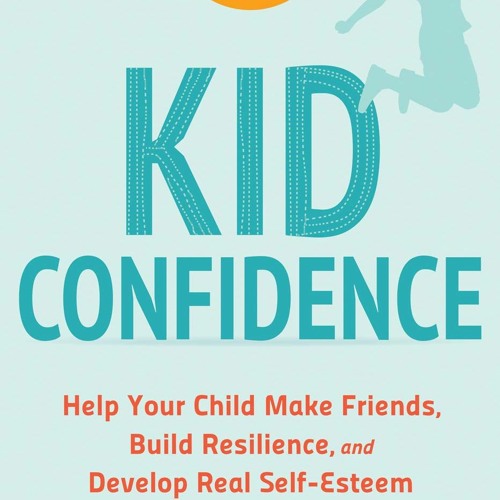 ......
......
Lei Geraskina “In the country of unacceptable lessons”
many believe that the famous cartoon “In the Land of Unacceptable Lessons” may well be replaced the book or its summary. I hasten to disappoint. The cartoon retains only the main idea of the work. The plot is changed and the sequence of events is broken, and many characters are missing. Moreover, I noticed one inaccuracy: in the cartoon, Vitya is in the 5th grade, and in the book - in the 4th. This book is about the lazy and loser Viktor Perestukin, who, having met his mistakes, corrects them and changes before our eyes. The main characters of the book are 4th grade student Viktor Perestukin, cat Kuzya, Geography. The story begins with the fact that Perestukin comes home with 5 deuces, reluctantly begins to do his homework. An intriguing plot-revival of textbooks, takes us to a fairy-tale land of unlearned lessons. I especially remember the episode in the realm of the Verb.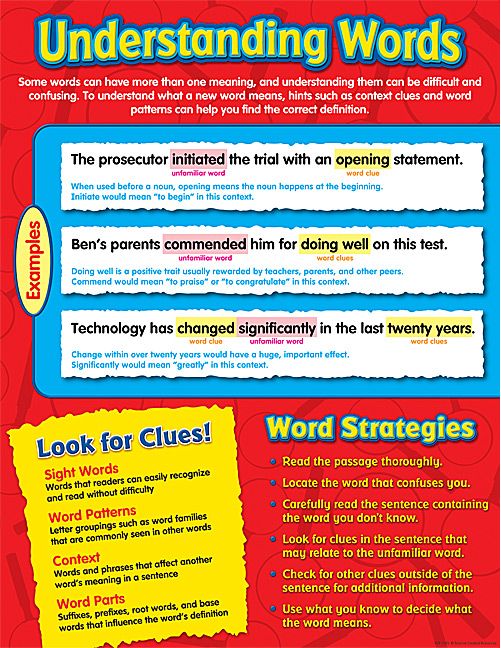 Victor had to insert letters into different words.
Victor had to insert letters into different words.
When Victor incorrectly inserted a letter in the word DOG, the dog grinned and ran after the heroes, but as soon as Perestukin corrected the mistake, the dog became kind and affectionate!
Several heroes seemed interesting to me. For example, Kuzya. He is cheerful, kind, always tried to help his master. And there was also an unusual kangaroo bird, the only one that rejoiced at the transformation!
In this book, the author shows the conflict between the reluctance to learn and the need to gain knowledge. Thanks to the meeting with his mistakes, Viktor Perestukin understands the need for learning, changes his way of life.
Prepared by: Musin Ildar
The Revutsky family presents…
Daniel Defoe Robinson Crusoe
This work will be interesting for children and adults!
The main character is Robinson Crusoe, he was thrown out after a shipwreck on the island, which turned out to be completely uninhabited.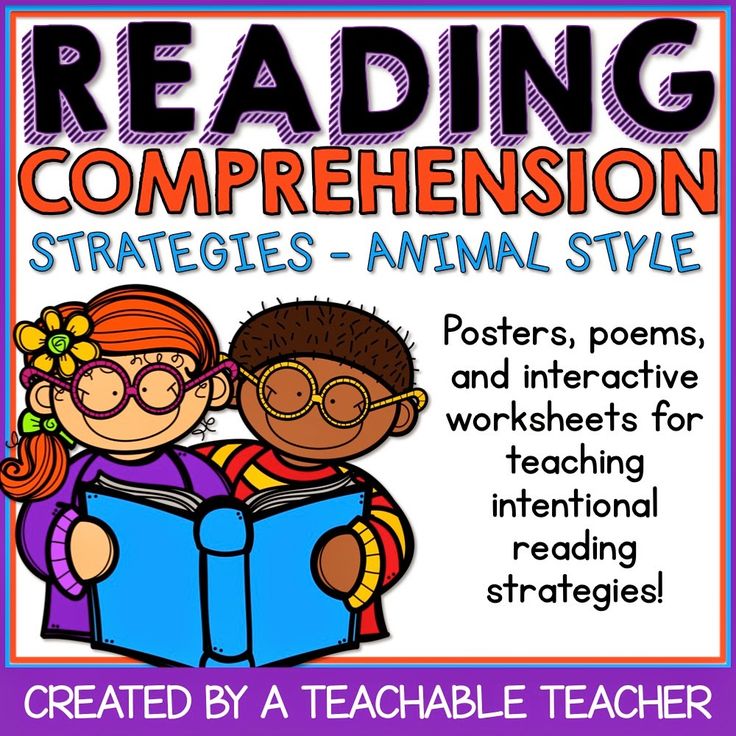 He is absolutely alone. You have to start life from scratch, learn how to get your own food and escape from various animals.
He is absolutely alone. You have to start life from scratch, learn how to get your own food and escape from various animals.
Soon he meets a savage on the island, with whom they fight for survival together.
"Robinson, if you dedicate your life to the sea, it will pass in poverty," said Mr. Crusoe. But the eighteen-year-old youth dreamed only of the sea, of adventure and of uninhabited islands. His dream came true - cut off from the whole world, together with the faithful Friday, Robinson Crusoe spent 27 long years on an island in the ocean. Many adventures befell him until he was finally able to return home...
The book is very exciting. True adventure lovers will appreciate it!
Time passes, but the names of the main characters are on everyone's lips, and a fascinating novel about their adventures has been repeatedly filmed, leaving adventure lovers indifferent.
Prepared by: Revutskaya Angelina
The Fedorov family presents……
Boris Vasiliev “The Dawns Here Are Quiet”
Boris Vasilyeva’s book we chose for family reading here.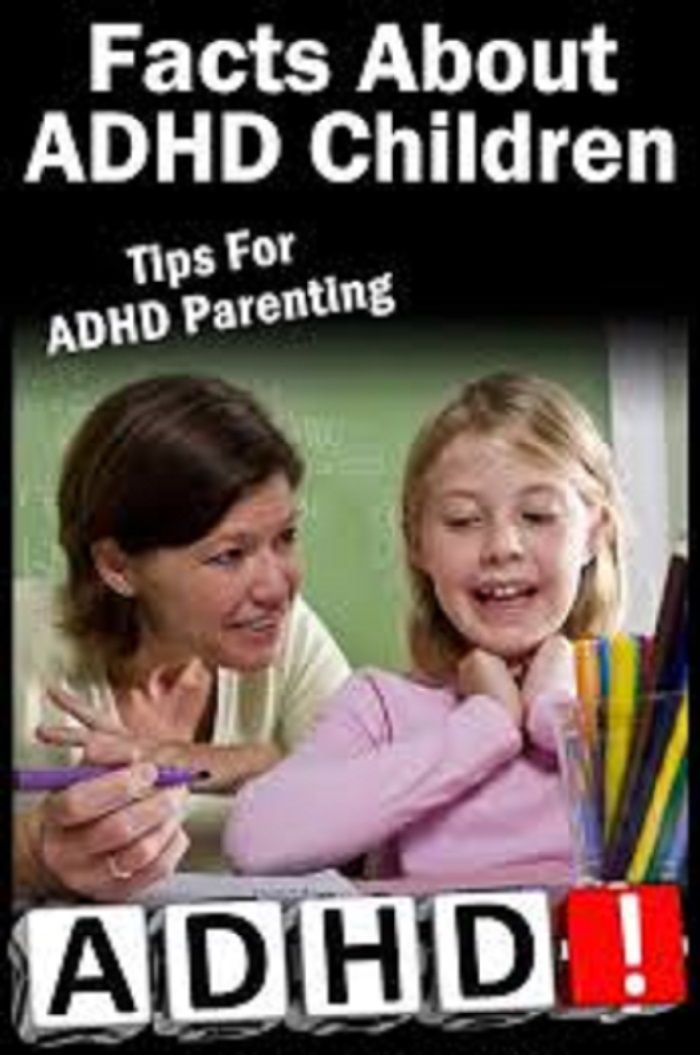 This is the most touching and best work about the war. It grabs the soul in the first lines and does not let go until the very last point ...
This is the most touching and best work about the war. It grabs the soul in the first lines and does not let go until the very last point ...
A good book, based on which Rostotsky made a wonderful film.
The main characters are young girls who are ready for any exploits for the sake of their Motherland! Fragile girls engage in mortal combat with strong, trained to kill men. These girls dreamed of great love, tenderness, family warmth - but a cruel war fell to their lot, and they fulfilled their military duty to the end ...
The author draws a parallel between a dirty war and clean girls who dream of a happy life and great love. But fate decreed otherwise...
This is a book that must be read..impressions and memories will indeed last a lifetime. This is not only a classic, but also a very tense and dynamic novel. Tough and angry
Prepared by: Fedorov Kirill
The Kuryaev family represents……
Alexander Volkov Urfin Juice and his wooden soldiers
I like A.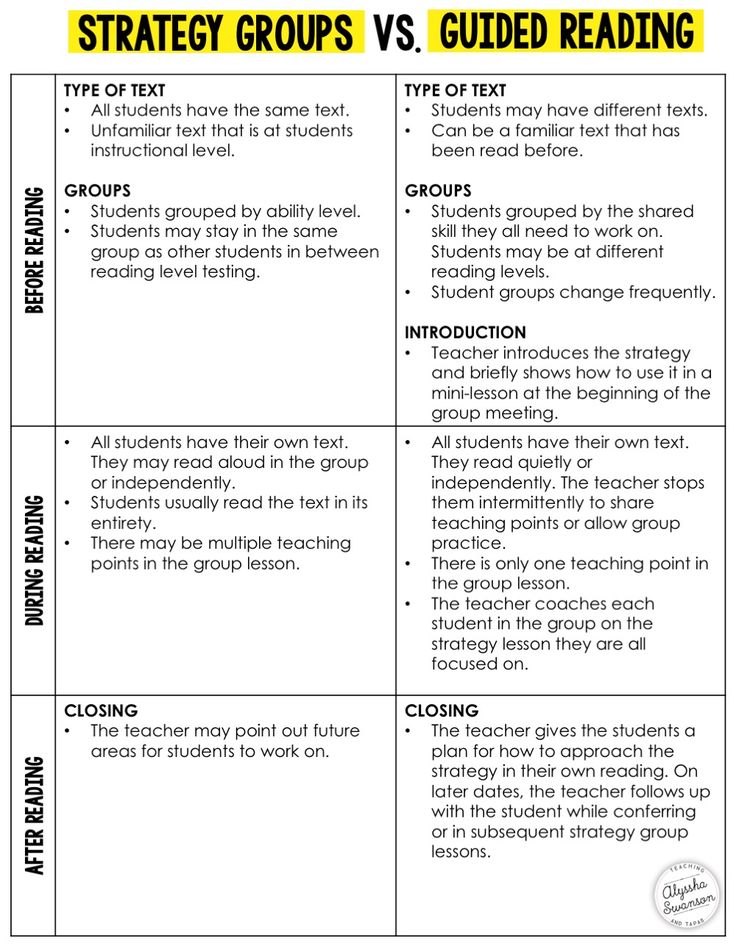 Volkov's books. And there was no doubt which book to choose for family reading. They want to read again and again.
Volkov's books. And there was no doubt which book to choose for family reading. They want to read again and again.
The evil and cunning carpenter Oorfene Deuce, who lived in the Blue Country, gets a life-giving powder. The envious carpenter made wooden soldiers and led them to conquer the Emerald City. Goodwin's successor the Scarecrow the Wise, the Long-bearded Soldier Din Gior, the Keeper of the Gates of Faramant, and the armed townspeople bravely defended their beautiful city. But nevertheless, there was a traitor Ruf Bilan, who opened the gates to the enemies. Once in captivity, the Scarecrow and the Tin Woodman send their familiar crow Kaggi-Karr to Ellie for help. Ellie, her one-legged sailor uncle Charlie Black and Toto go to Magic Land to help their friends. With adventures, having reached the Fairyland, freeing the captives of Ufin Deuce, the friends defeat the wooden army, and Oorfene is made an exile and left alone with himself to think about his actions. Ellie and her uncle are coming home.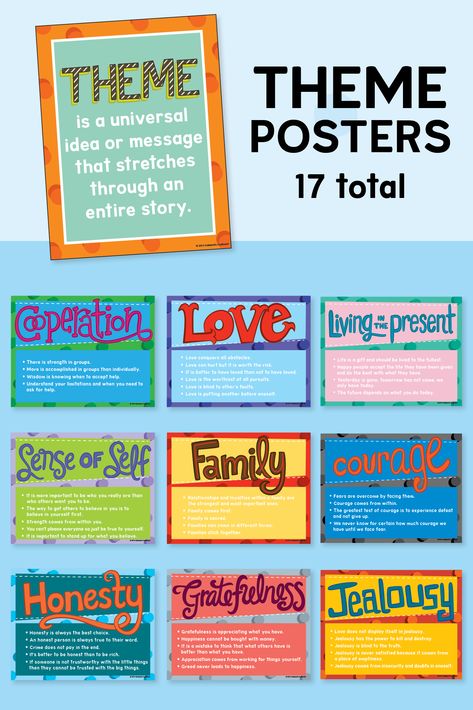 ..
..
Isn't it interesting and fascinating! If you haven't read it yet, I highly recommend it!
prepared: Koryaev Artem
The Klimov family represents .......
Vsevolod Garshin “Tale of toad and Rose”
We chose a fairy tale for reading. Who doesn't love fairy tales? Probably everyone loves and knows since childhood. But I think that author's fairy tales are special. They suggest thoughts about the eternal - about good and evil, about life and death ....
This is what the story is about:
A beautiful rose blooms in an abandoned corner of the garden. Only a little boy comes here, who watches insects, animals and reads; his sister looks after him. But the boy falls ill, and there is no one to enjoy the beauty of the rose. She is seen by a nasty toad, who intended to eat the flower, but only got hurt on the thorns and fell off the stem. The boy asked for a rose. The sister literally snatched the flower from the paws of the toad, threw the frog aside, and placed the rose in a glass near the boy's bed.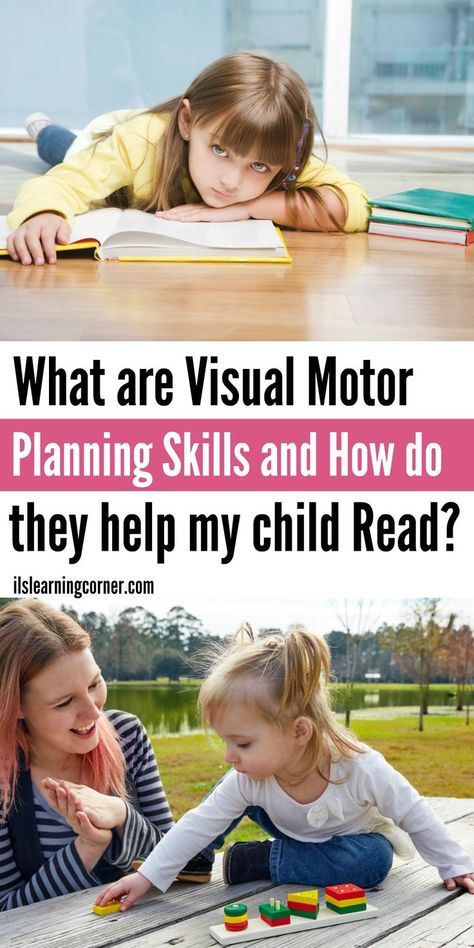 The flower was glad - the rose wanted another death than to be devoured by a toad.
The flower was glad - the rose wanted another death than to be devoured by a toad.
The boy only had time to sniff the flower and died... The rose was placed near the coffin, and although there were many flowers, they only looked at it, and later dried it - that's how it got to the author.
Did you like the fairy tale? I advise you to read it too!
The Pavlov family presents……
Alfred Hitchcock The Mystery of the Stuttering Parrot
Do you like detective stories as much as I love them. Alfred Hitchcock is my favorite writer. His fantastic stories will not leave anyone indifferent.
The characters of the story "The Mystery of the Parrot Zaika" - inseparable friends from the Californian town of Rocky Beach, who call themselves the Three Detectives, set out to search for a parrot missing from one of the local residents. However, it soon turns out that they are engaged in a very difficult and dangerous business, behind which is a seasoned international criminal.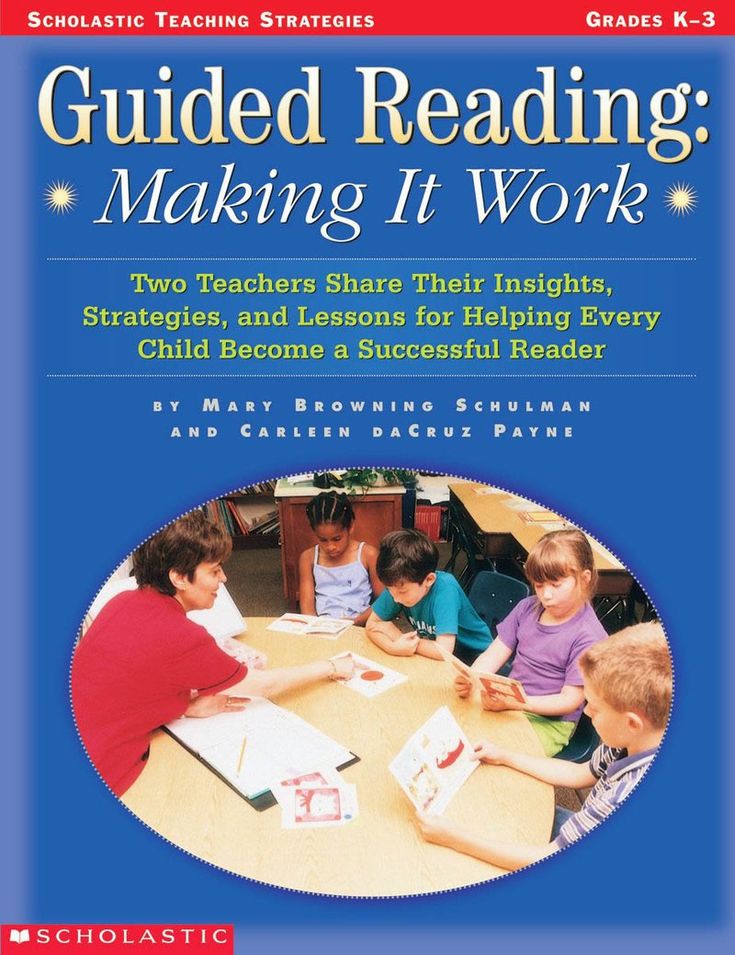
Chapter one - a cry for help - Help! A chilling scream cut through the silence. Pete and Jupiter, who were walking along the path to the house, standing at the back of the garden, stopped.
Interested? Then ahead, to the library ... ..
prepared: Pavlov Roma
The Petrov family represents .......
Astrid Lindgren "Karls and Karlson"
Adults are often surprised: why children like it so much Carlson? Nasty, capricious, ill-mannered, always demanding delicious food... This series can be continued indefinitely. Maybe because every moment he is ready to play pranks, and not always innocently? Is the evil influence of the street (in this case, the roof) always attractive to domestic children? It seems that this is not so at all. After all, Carlson for the Kid is not an inveterate bully and started in risky games, but rather a lonely child who needs affection, participation and family warmth. The kid, despite his small age, feels it very well. He takes pity on Carlson and forgives him a lot. This great book teaches love and tolerance for those who are difficult to love...
He takes pity on Carlson and forgives him a lot. This great book teaches love and tolerance for those who are difficult to love...
In our family this book has a special place in the bookcase and I reread it often. I advise you too!
Prepared by: Petrova Valeria
The Solodikhins family presents……
Kir Bulychev What is the best birthday present for Alice
? Especially for a girl who has already been almost everywhere. But Gromozek's old friend was able to figure out how to surprise and please Alice, the main character of Kir Bulychev's book. Alice was born on November 17th. This is a good day for such an event. It could have been much worse. For example, I know one person who was born on January 1, so no one specially celebrates his birthday, because the New Year is a common holiday. It is also bad for those who were born in the summer. All friends are either on vacation or on the road.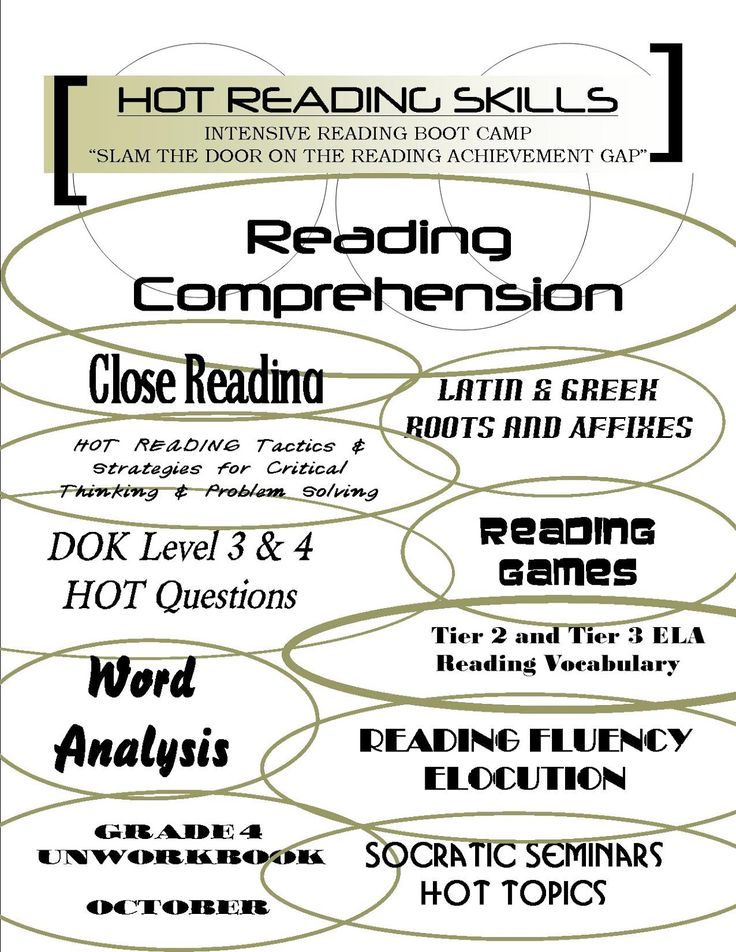 Alice has nothing to complain about.
Alice has nothing to complain about.
About a week before Alice's birthday, when I came home from the zoo, I thought: what to give her? It's always a problem. For example, I have accumulated at home eight identical ties , six ballerinas made from roots and cones, three inflatable submarines, fourteen lighters, a pile of Khokhloma wooden spoons and many other unnecessary things that you get on your birthday and carefully hide: a blue cup - to five already given today blue cups, an ashtray in the form of a ship of star wanderers - to three of the same ashtrays.
I sat and remembered what Alice asked me in September. She asked for something. She needed something. Then I thought: "That's good, I'll give it to her for her birthday." And I forgot.
Just then the videophone rang.
Prepared by: Anastasia Solodikhina
The Lipatov family presents……
John Grogan Marley and Me
A young family decides to have a puppy.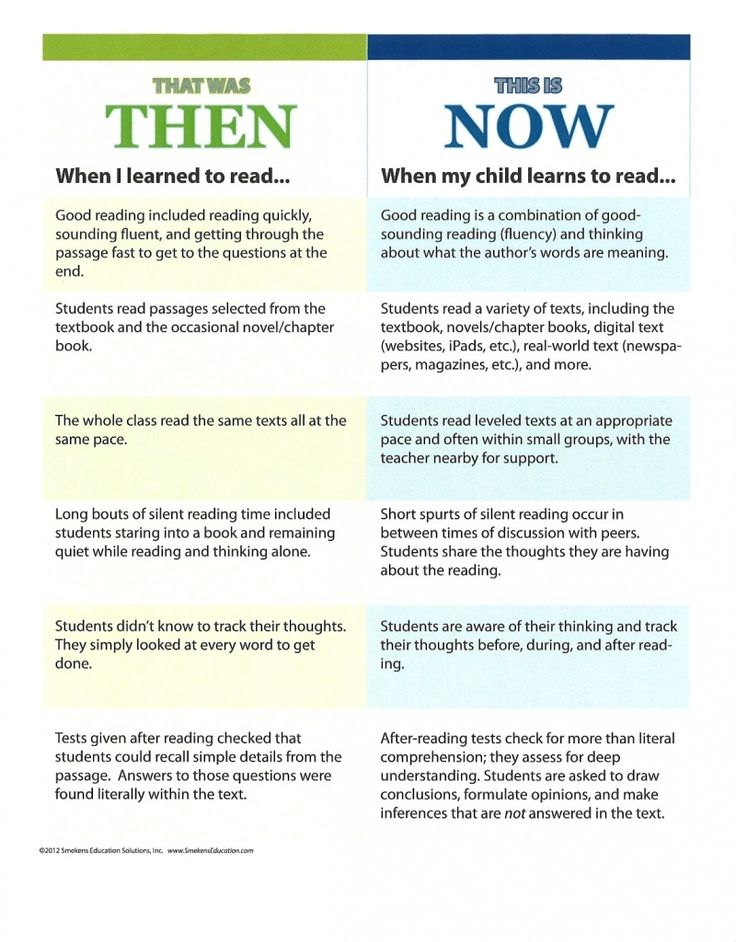 Here it is, the moment of choice! At this time, a person does not yet understand that his life can change dramatically. Someone will get trouble with the baby, someone will be happy. And it will depend on the attitude to the dog. Both husband and wife took care of their new household with all responsibility. They lived a long and wonderful life together. There was everything, from the birth of children, and funny moments that prompted the idea of starting to write short notes about the antics of Marley. But there were also sad days, and a time when I wanted to change something.
Here it is, the moment of choice! At this time, a person does not yet understand that his life can change dramatically. Someone will get trouble with the baby, someone will be happy. And it will depend on the attitude to the dog. Both husband and wife took care of their new household with all responsibility. They lived a long and wonderful life together. There was everything, from the birth of children, and funny moments that prompted the idea of starting to write short notes about the antics of Marley. But there were also sad days, and a time when I wanted to change something.
The book "Marley and Me" tells the story of a cheerful dog who was loved. He was accepted into the family on the terms of not a four-legged pet, but a child. And this shaggy Labrador quickly realized that he enjoyed special rights. Therefore, he did not try to pretend to be obedient. And his owners did not expect that this would ever happen, they perceived him as he is. They trusted his childlike innocence and kindness.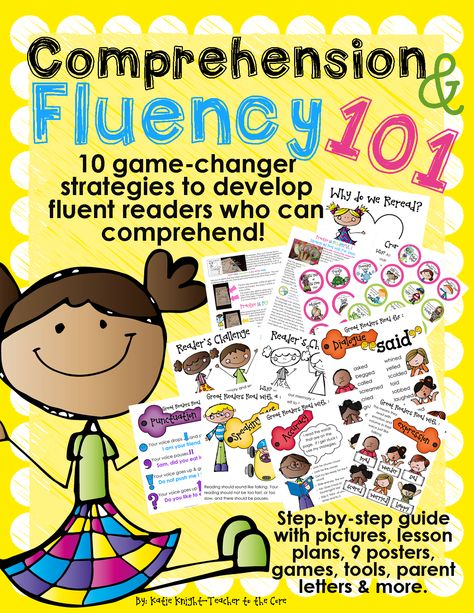
No matter how hard people try to take care of their dog, but their ward endowed each of them with the warmth of his attention much more. He taught me to notice and appreciate the wonderful moments, helped to see what is most important in life, he always helped out in difficult circumstances, and most importantly, he endlessly adored, he did not need any reasons for this. The simple-minded dog gave the opportunity to rejoice and be happy to everyone who surrounded her.
prepared: Lipatov Daniil
The Kumaneykin family represents .......
R. Fraerman “The Wild Dog Dingo, or the Tale of First Love”
For family reading, my mother and I chose the book of Fraerman.
The content of this book is as follows:
Friends from childhood and classmates Tanya Sabaneeva and Filka rested in a children's camp in Siberia, and now they are returning home. The girl is met at home by the old dog Tiger and the old nanny (the mother is at work, and the father has not lived with them since Tanya was 8 months old).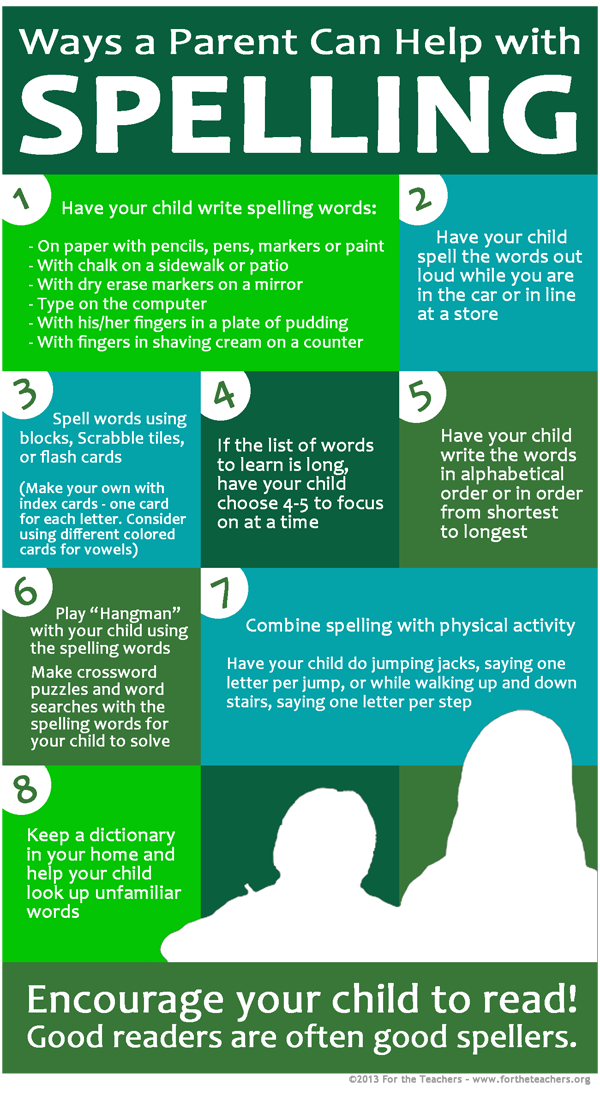 The girl dreams of a wild Australian dog Dingo, later the children will call her that because of her isolation from the team.
The girl dreams of a wild Australian dog Dingo, later the children will call her that because of her isolation from the team.
Filka shares his happiness with Tanya — his father-hunter gave him a Laika. The theme of paternity: Filka is proud of her father, Tanya tells a friend that her father lives on Maroseyka - the boy opens the map and searches for an island with that name for a long time, but does not find it and tells Tanya about it, who runs away crying. Tanya hates her father and reacts aggressively to these conversations with Filka.
One day, Tanya found a letter under her mother's pillow, in which her father announced that his new family (wife Nadezhda Petrovna and her nephew Kolya, the adopted son of Tanya's father) had moved to their city. The girl is filled with a feeling of jealousy and hatred for those who stole her father from her. Mother tries to set Tanya positively towards her father.
On the morning when her father was supposed to arrive, the girl picked flowers and went to the port to meet him, but not finding him among those who arrived, she gives flowers to a sick boy on a stretcher (she does not yet know that this is Kolya).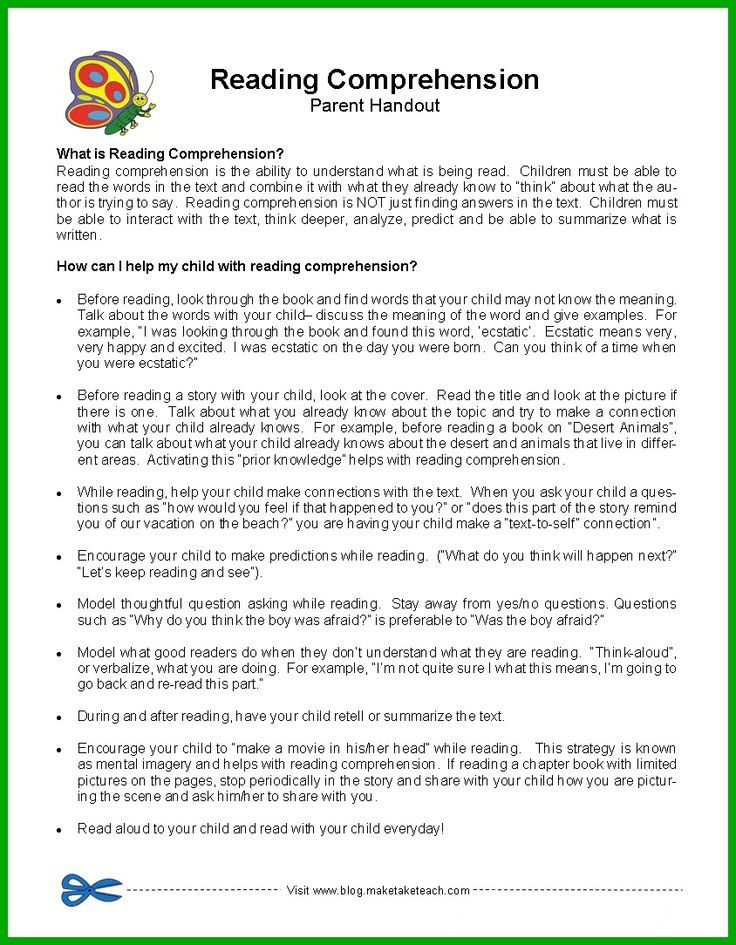
This is just the beginning….. Interested? Then go ahead…….
Prepared by: Kumaneykina Daria
The Grechikha family represents……
Jules Verne “The Mysterious Island”
The wreckage of their own or others' ships supplied them with the bare necessities. Here, people were deprived of everything. From nothing they had to create everything!
"I wish we didn't see ourselves as shipwrecked. We are colonists who came here to colonize this island!"
With this phrase, the colonization of the island began. Five brave people began to fight against nature, they tirelessly worked for the prosperity of their colony. Perhaps they would not have been so positive if there were not so versatile people among them: an engineer - a specialist in technical issues, a journalist - a little understanding of medicine, a sailor - who knows his trade, a young man - very strong in natural science, an engineer's servant - hardworking and economic. If you are going to a desert island, make sure that you take people competent in different fields with you and do not forget to take a dog, she also helped out the colonists more than once. This book contains a lot of different cognitive information in different scientific fields: biology, geography, chemistry astronomy.
If you are going to a desert island, make sure that you take people competent in different fields with you and do not forget to take a dog, she also helped out the colonists more than once. This book contains a lot of different cognitive information in different scientific fields: biology, geography, chemistry astronomy.
Jules Verne master of descriptions. The study of the island is accompanied by a description of the relief, flora, and fauna. It was as if I myself walked around the island with the heroes.
If you like adventure you will love this book. But if you don't like descriptions, you might find the beginning a bit boring. The ending is very interesting.
Prepared by: Buckwheat Dima
The Sukhorukov family represents……
Hektor Malo "Without a family"
The book includes two stories by Hector Malo.
" Without a family ": a sad and very kind story about the life of an orphan boy Remy, who has wonderful friends: kind mother Barberin, noble Vitalis, devoted friend Mattia.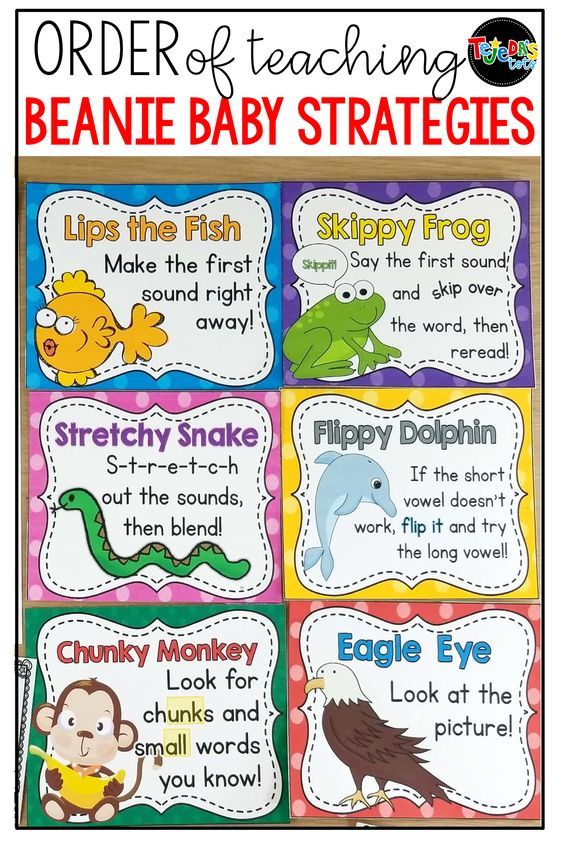 But besides friends, there are also insidious enemies Garafol, Driskol, insidious James Milligan. The fairy tale describes the world of animals very deeply and thoroughly: the monkey Dushka, the poodle Kapi, the dogs Dolce and Zerbino. Animals in the book act as full-fledged acting heroes. The fate of Remy is full of adventures. His travels in France, the customs and customs of that time, the life of the ordinary French people are described: peasants, miners, itinerant actors, swindlers and honest people, rich and poor.
But besides friends, there are also insidious enemies Garafol, Driskol, insidious James Milligan. The fairy tale describes the world of animals very deeply and thoroughly: the monkey Dushka, the poodle Kapi, the dogs Dolce and Zerbino. Animals in the book act as full-fledged acting heroes. The fate of Remy is full of adventures. His travels in France, the customs and customs of that time, the life of the ordinary French people are described: peasants, miners, itinerant actors, swindlers and honest people, rich and poor.
The second story "Romain Calbri", in which the main character is also an orphan boy. The novel is warmed by humor, enlivened by cheerful and amusing episodes from the life of Romain and his friends. And judging by one of the illustrations for this book presented above, I realized that the drawings on the spreads do not at all correspond to the plot, on that page there is a drawing for the text, which will be almost 50 pages later. Thirdly, the price, the book is two times cheaper, while the quality of the publication is excellent.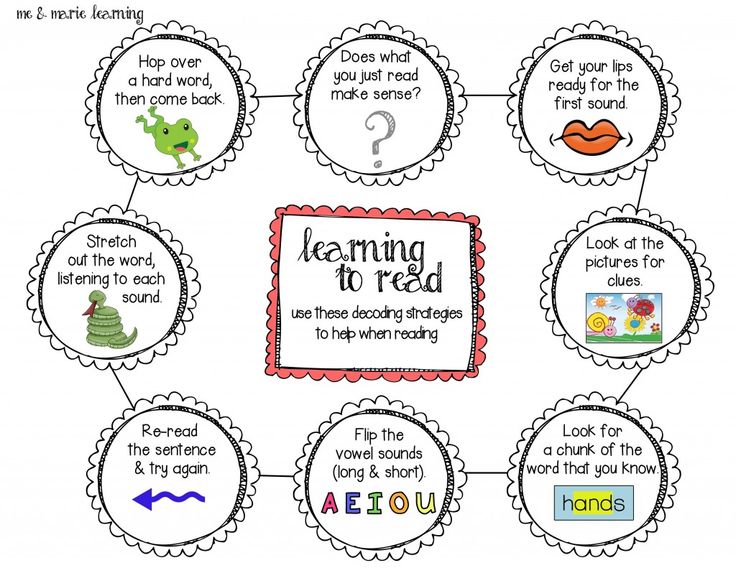
I advise everyone to read?
Prepared by: Sukhorukov Deni
Well done!!! Let's discuss which of the books presented today interested you. By open voting, we will give preference to the book that you would like to read.
(children expressed their opinion)
Based on the results of the event, it was decided to include in the list of summer reading a book presented by the Sukhorukov family - Hector Malo's book "Without a Family";
Show a presentation prepared by the children at the parents' meeting.
And I would like to end our meeting with the following words:
Monkeys leaf through beautiful books…..
But they see only pictures of monkeys in them.
And if you, friend, don't look like a monkey
READ, not just LOOK AT the book!!!!!
And the wisdom of the book, I am sure, will help unite your family. Thank you all for your work.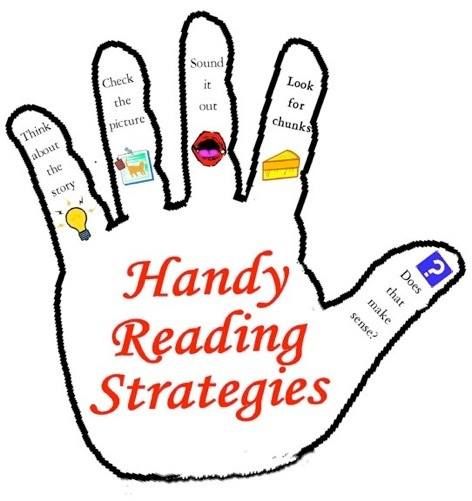
References and Internet sources
-
Antipova IA The image of a reading child in Russian literature of the 20th century // School Library. - 2004. - No. 1. - S.19-23.
-
Gromova OM Where do non-reading adults come from. // Library at school. - 2008. - No. 1. - S. 2-9.
-
Karpova, NL Family reading - family bibliotherapy // School Library. - 2004. - No. 5. - S. 53-57.
-
Chuppueva, L.V. “Reading aloud” // New Library. - 2007. - No. 7. - S. 21-22.
-
Yakuba, N.D. Time to read aloud. // New Library. - 2007. - No. 5. - S. 28-29. 29.http://www.cbs.astrakhan.net/
-
http://forum.bibldetky.ru/
-
-
http://www.kommentator.ru/
-
http://www.semya2008.ru/
-
http://library-gaidara.hotmail.ru/
-
http://www.
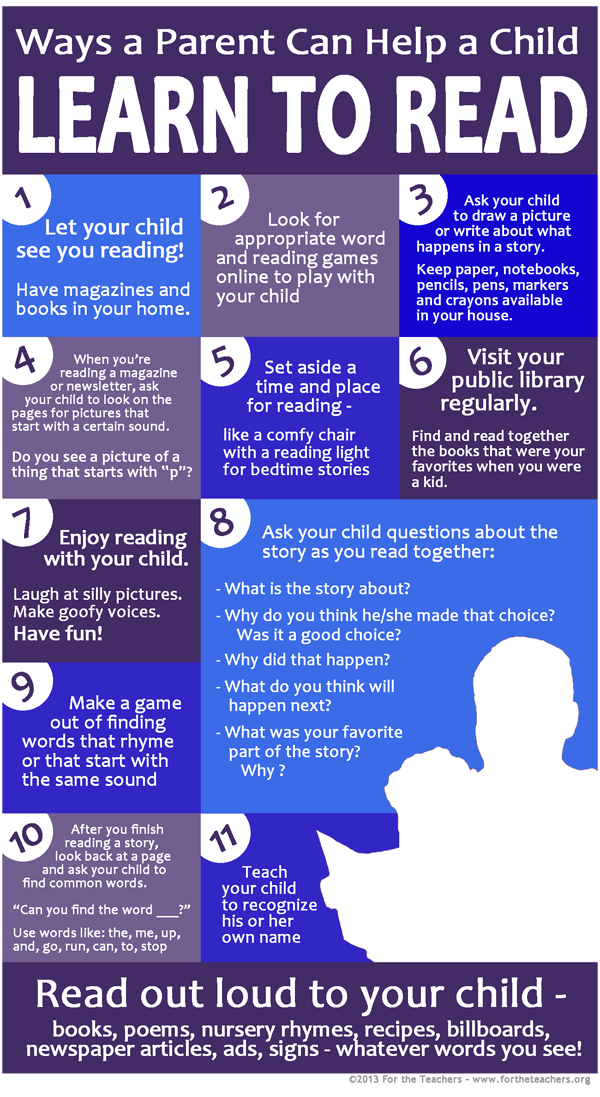 mistral.ru/
mistral.ru/
-
http: //www.kos/
Article "Parental Reading"
9000 9000 9000 9000 9000 9000 9000 9000 9000 9000 9000 9000 9000 9000 9000 9000 9000 9000 9000 9000 9000 9000 9000 9000 9000 9000 9000 9000 9000 9000 9000 9000 9000 9000
Last year I took courses at the non-state educational institution "Academy of Parental Education". They were conducted by the rector Bacheva Elena Vladimirovna. On 06/01/2012, the President of Russia signed a decree "On the National Strategy for Action in the Interests of Children for 2012-2017. This document declares the unconditional priority of the family and family values.
(idea and development by Bacheva E.V.)
Today we will talk about Parental Readings.
“Do you think parents often read specialized literature on raising children, on interpersonal relationships in the family, on self-knowledge of themselves and their spouse?” After conducting a questionnaire in my class, I found out that they read little, or do not read at all.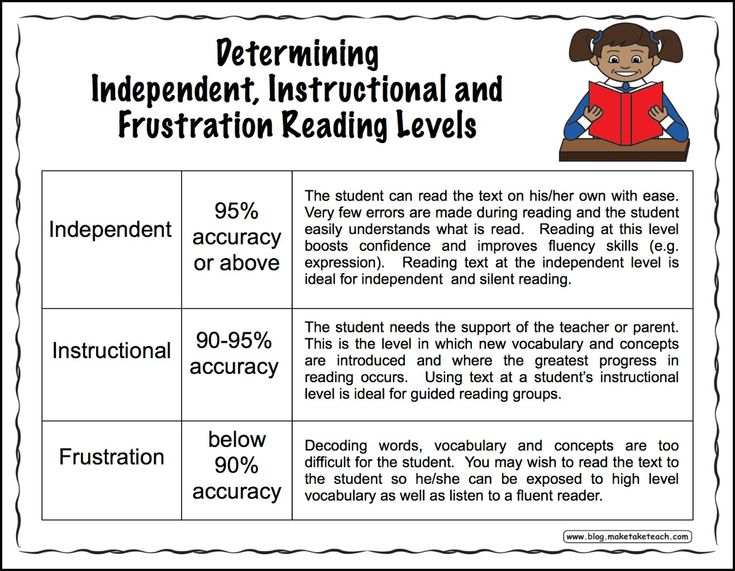 And that is why families do not take root in the tradition of older generations - reading books in the family circle: whether it's a fairy tale for a child to sleep in, or reading aloud parents to each other.
And that is why families do not take root in the tradition of older generations - reading books in the family circle: whether it's a fairy tale for a child to sleep in, or reading aloud parents to each other.
But first, let's define at the conceptual level what "parental reading" is.
1 slide Parental Readings is an educational event for parents, which is based on reading specific literature (excerpts from it, individual articles) on parental education.
Parental readings - a kind of study for moms and dads, aimed at developing family relationships and self-education of parents. This is an occasion to share with each other the experience of family education.
Parental Readings - is a kind of parental lecture, where parents get acquainted with the works of the classics of pedagogical literature.
Parental readings provide an opportunity to reflect on oneself, on one's parental role, on the importance of the family in a person's life.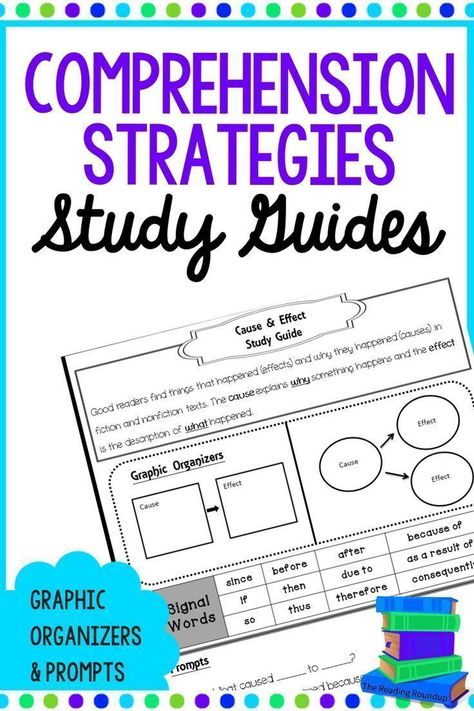 Someone finds answers to their questions.
Someone finds answers to their questions.
Parental readings provide teachers and parents to agree on common concepts in the upbringing of children, which contributes to mutual understanding of the educational institution and the family, teacher and parent, parents and child.
Parental readings teach parents how to be parents, this is one of the forms of parental education for moms and dads.
Parental readings can last from 10-15 minutes to 1 hour. But in order to form a cultural norm among parents, the best option is when the Readings will be an integral part of the meeting between the teacher and the parents. And for this you need to make it a rule for yourself - the material should be small, but always interesting for moms and dads.
In what form parental readings can be held.
Forms of conducting Parental Readings:
-
Working with a specific article, for example, with the article by S.
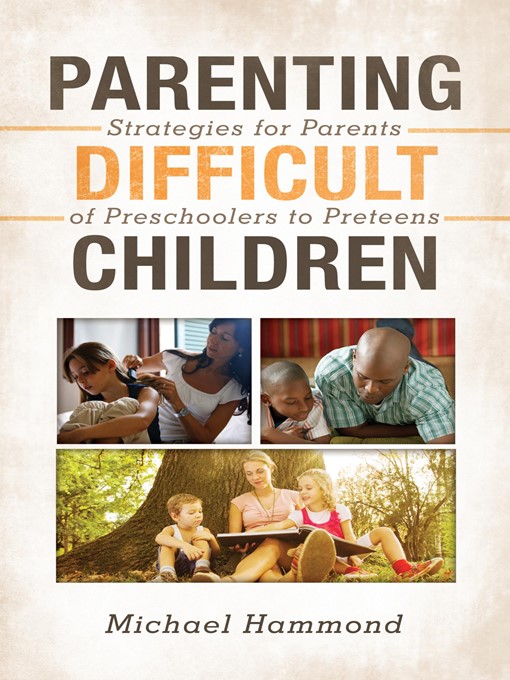 Soloveichik “Thinking about our children” (see the journal Rodnoy Dom, No. 1 - 2010, p. .25). To do this, we distribute the article (or a copy of it) to those present. Let's talk a little about the author. And we begin to read aloud (by paragraph, by column) along the chain. Or maybe the teacher himself will pass the baton of reading from parent to parent.
Soloveichik “Thinking about our children” (see the journal Rodnoy Dom, No. 1 - 2010, p. .25). To do this, we distribute the article (or a copy of it) to those present. Let's talk a little about the author. And we begin to read aloud (by paragraph, by column) along the chain. Or maybe the teacher himself will pass the baton of reading from parent to parent.
We work with the magazine "Rodnoy Dom" - a magazine for families and parental self-education. If possible, give everyone your journal number. If there is no selection of the Rodnoy Dom magazine for the entire audience of parents, then divide those present into microgroups of 2-3 people. 8-10 minutes for getting to know each other and reading the magazine “diagonally” is enough. Then each microgroup will introduce the audience to the material that, in their opinion, turned out to be really interesting.
-
We invite the author of a book, article, etc.
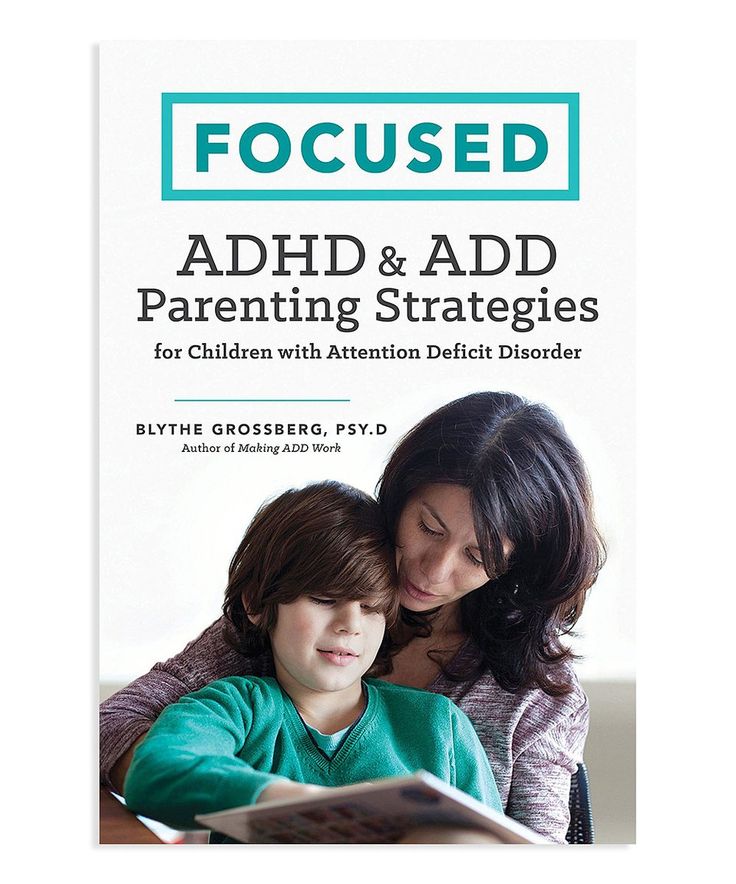 ("Author's Readings"). Of course, not every educational institution has the opportunity to invite writers, and even just journalists. And yet, in your rural area, for sure, there is a regional newspaper, it contains articles that raise issues of raising children, the spiritual and moral state of society. Their authors may be interesting people, sometimes your fellow villagers. You can arrange a meeting. After all, it's one thing when you talk about good and evil, it's another thing when "one of us" talks about the same thing.
("Author's Readings"). Of course, not every educational institution has the opportunity to invite writers, and even just journalists. And yet, in your rural area, for sure, there is a regional newspaper, it contains articles that raise issues of raising children, the spiritual and moral state of society. Their authors may be interesting people, sometimes your fellow villagers. You can arrange a meeting. After all, it's one thing when you talk about good and evil, it's another thing when "one of us" talks about the same thing.
How can I conduct parent readings with the invitation of the author?
-
Tell us a little about the author, introduce him.
-
Distribute newspapers with his article to each parent or small groups of 2-3 people.
-
Give time to read the article.
-
Organize a conversation on two questions:
- What did you like about the article?
- And why?
-
Let them read their favorite lines, paragraph and explain their interest in it.
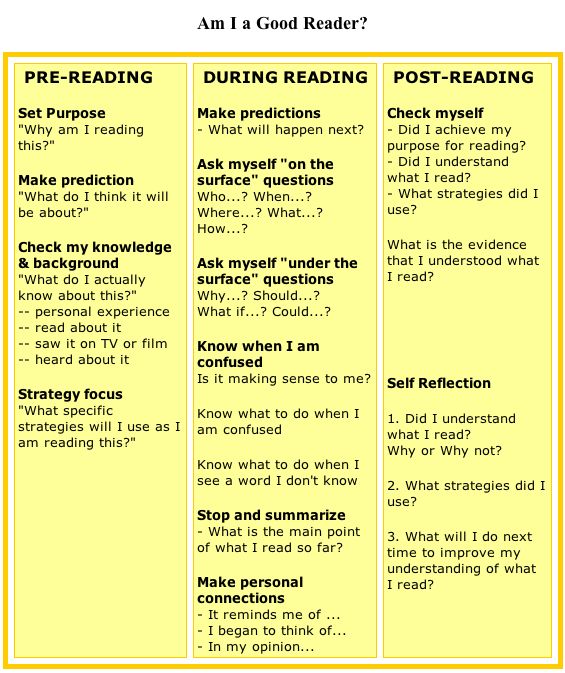
-
Word to the author: why he raised this topic.
-
Work in microgroups, then in a group to discuss the issue:
- What should parents and the state do to change the current situation?
-
In a circle, each parent completes the phrase: “My conclusion on this article …”
-
The author makes his conclusion and thanks (if the situation is so) for a competent understanding of this problem.
-
It would be nice to say a few words in conclusion to the teacher.
-
We organize correspondence parent readings. Agree with your parents that once a week (this may be a certain day, for example, Thursday) you will send them short texts on one topic to read through the children. And at the end of the quarter (maybe on the fifth or sixth Thursday) you will invite them to a conversation.
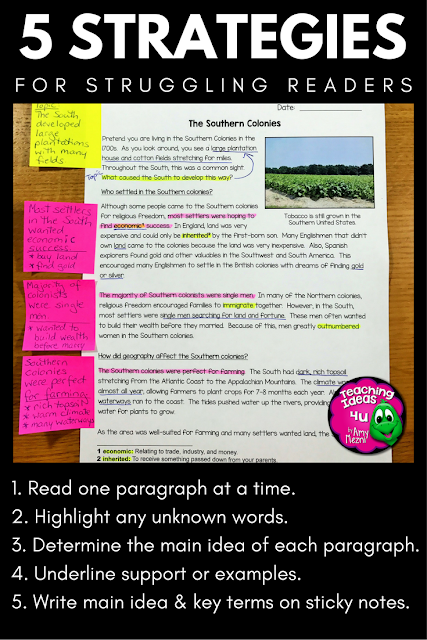
Texts really should be small. You can take them from L. Tolstoy, K. Ushinsky, V. Sukhomlinsky, etc. Foreign literature is not excluded. These can be excerpts from works, fairy tales, legends, parables, letters of authoritative people. Just be sure to indicate the source of information: what if someone wants to read the entire work.
But start from what they got from you through the "children's mail". How are fathers and mothers seen in those literary texts? What will suit the child and what will not? Why? What should parents be like?
It would be good to read out excerpts from the essays (or survey) of children on the topic “What are they like - good parents?”
And again end the meeting with a reflection: “After this conversation, I …” Distribute A6 sheets of paper and pens to the parents. Let them not sign. Then collect and read aloud.
Such parental readings, as an option, can only be held with fathers.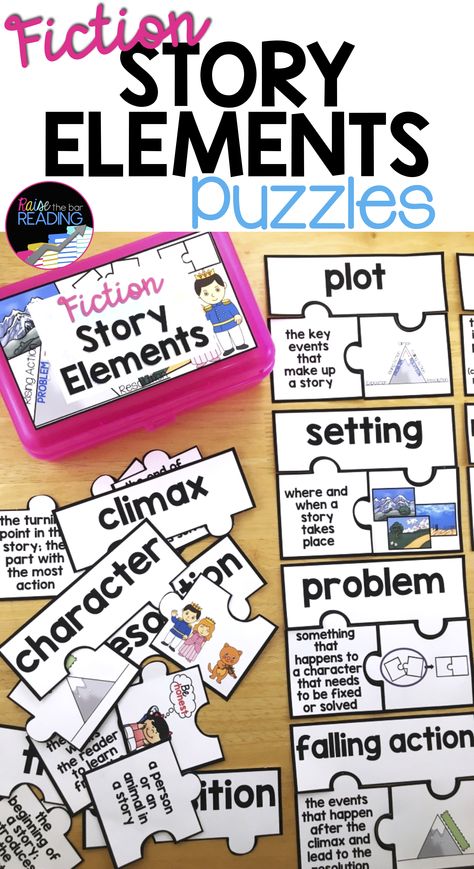 And here, students who have fathers will participate in the "children's mail". I present one text, as an example, at your disposal (this text can be found in the book by E. Bacheva "Lessons of family love", 2005)
And here, students who have fathers will participate in the "children's mail". I present one text, as an example, at your disposal (this text can be found in the book by E. Bacheva "Lessons of family love", 2005)
-
there may be letters from K. Marx to his daughter, letters from V. Sukhomlinsky to his son...
In the church shops of Orthodox churches you can buy thin books "Garden of the Heart", "Kind Words", "On Marriage and Family Life". These are the diaries of Empress Alexandra Feodorovna Romanova. Do not spare the money - buy several copies of each of them.
Parental readings from the diaries of A.F. Romanova can be organized as follows:
-
Show portraits of A.F. Romanova and her entire family. Tell us a little about this woman.
-
Distribute the diaries of the empress among microgroups (2-3 people). Allow time to interact with the printed pages.
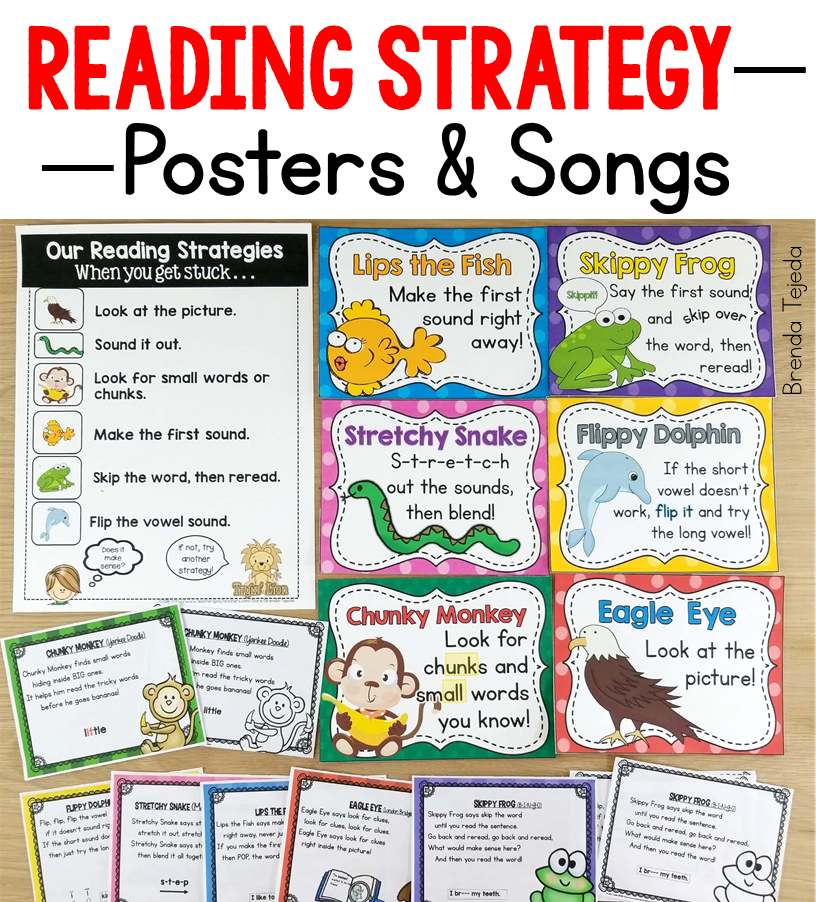
-
Have everyone read aloud what they especially liked and answer the question "Why?"
-
Give the microgroups a task: to choose from the text those lines that can be considered as a command to a woman, a man, or children. Let them read them aloud.
-
Two questions conversation:
- Did I like the diaries of A.F. Romanova, and how are they useful for me?
-
We organize family readings. On these parent readings, the organization of family readings for children is played. To do this, you can use the "Family Reading Pages" section in the Rodnoy Dom magazine. Let the parents be children, the teacher will tell a little about the writer, then together with the parents-“children” they will read an excerpt from his work, answer the questions posed. This is the first part of parent readings.
In the second part, let the parents talk to each other as parents:
- How much time was spent reading and talking with the child?
- Why does a child need this family tradition? Parents?
- Whose family has this tradition and how is it carried out?
The teacher will then recommend a reading list for the child.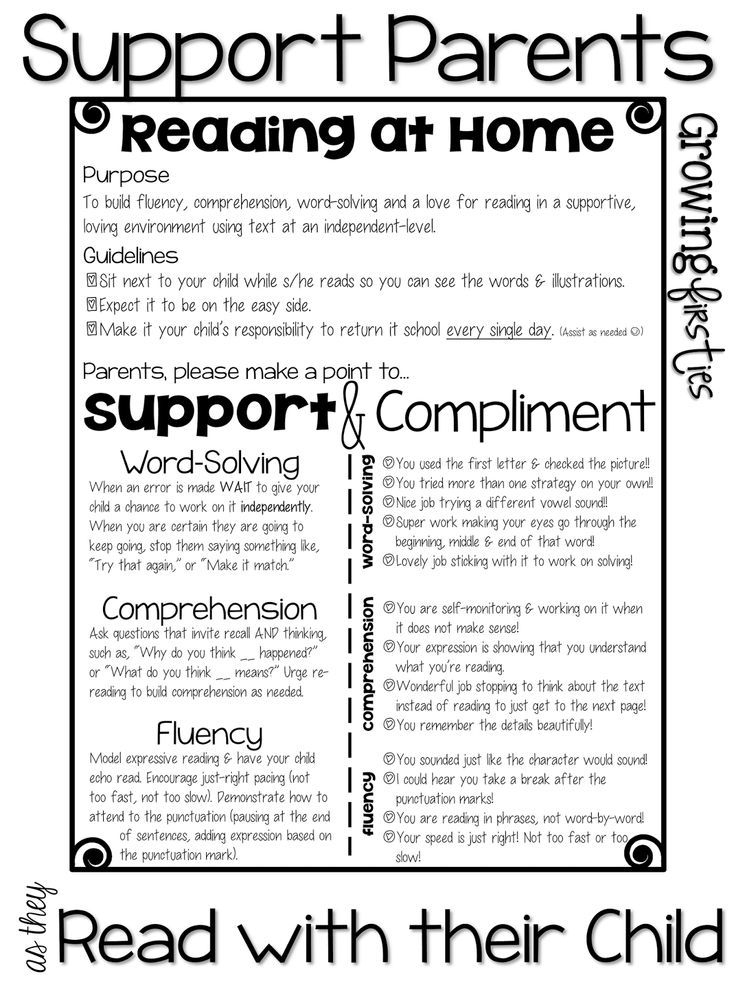 He will also tell that in good families a husband can read aloud not only to a child, but also to his wife, and vice versa.
He will also tell that in good families a husband can read aloud not only to a child, but also to his wife, and vice versa.
At the end of the meeting, you can distribute a leaflet “9 simple tips for parents whose children do not yet like to read” (this material is located in the Rodnoy Dom magazine No. 5, 2008).
9 simple tips for parents whose children do not yet like to read
1. A book for a child, bought in a store or borrowed from a library, is better for everyone to read. The effect is multiplied tenfold when the whole family discusses the read book.
2. Try to read to your child every day. Reading time should not exceed 20 minutes. It is better not to “finish” than to bore you with reading.
3. Many children like to return to already familiar pages and episodes. Do not be lazy to read the book a second, third, fourth time.
4. When choosing a book, it is very important to listen to the requests of the children themselves. If your child finds it difficult to make such a choice, without a certain interest, use a specific situation. For example, offer a book that would help him understand his relationships with classmates, comrades. Perhaps it will be a book about how to raise a puppy, master computer graphics, or organize a fun party for friends.
5. Invite your child to read a book that you have a fondness for as an adult.
6. Read aloud in turn: dad is reading today, son is reading tomorrow. Read with the expression, "on the voices," so that it resembles a game.
7. Ask older children to read to younger children. Seniors will be proud of the trust placed in them and will gladly demonstrate the acquired skills. The younger ones will want the same as their older brothers, sisters or friends.